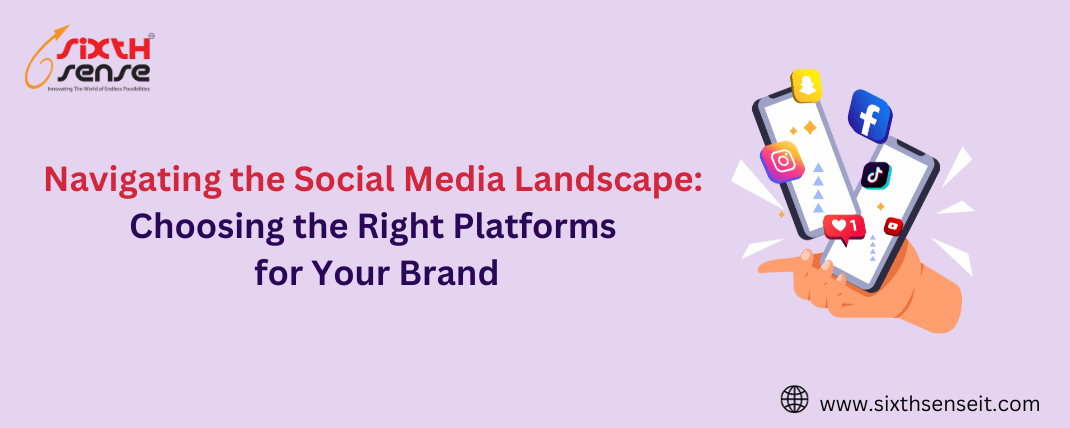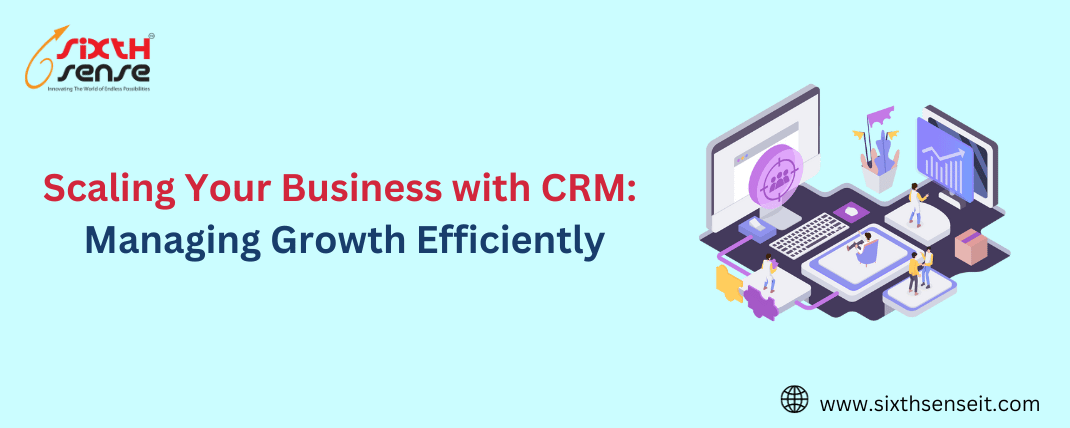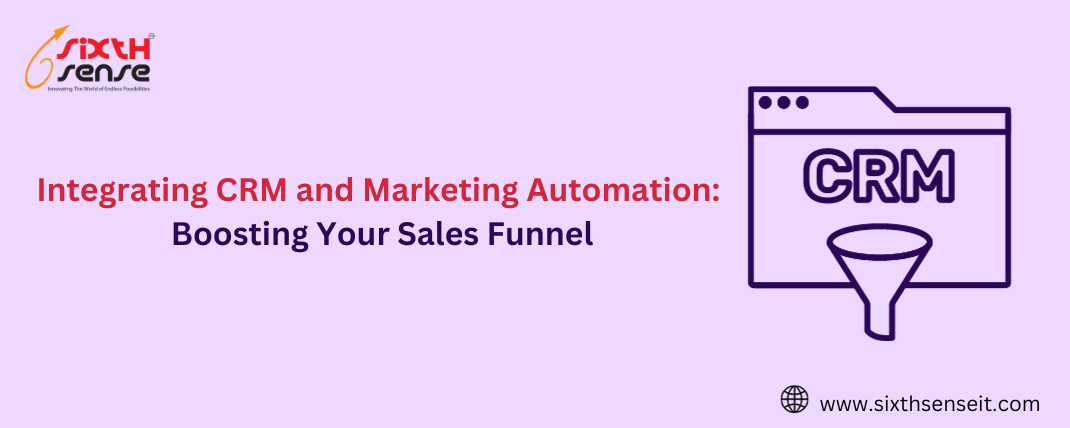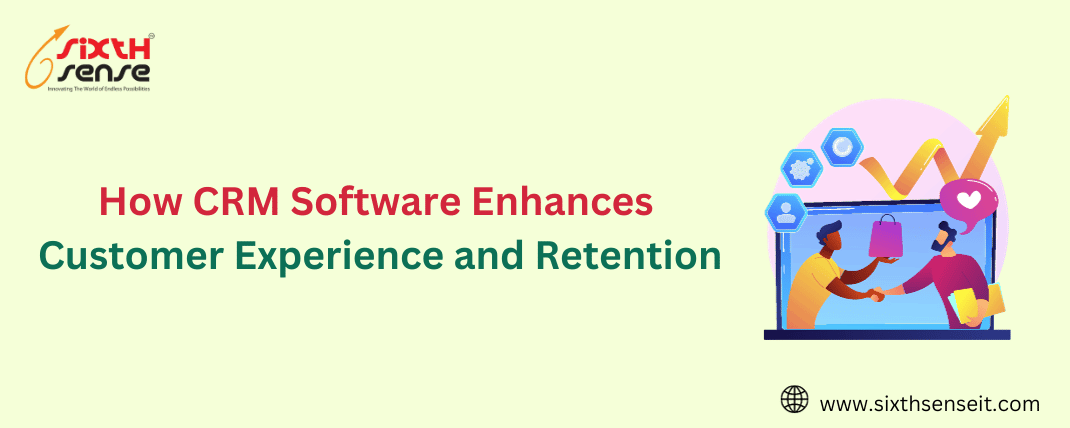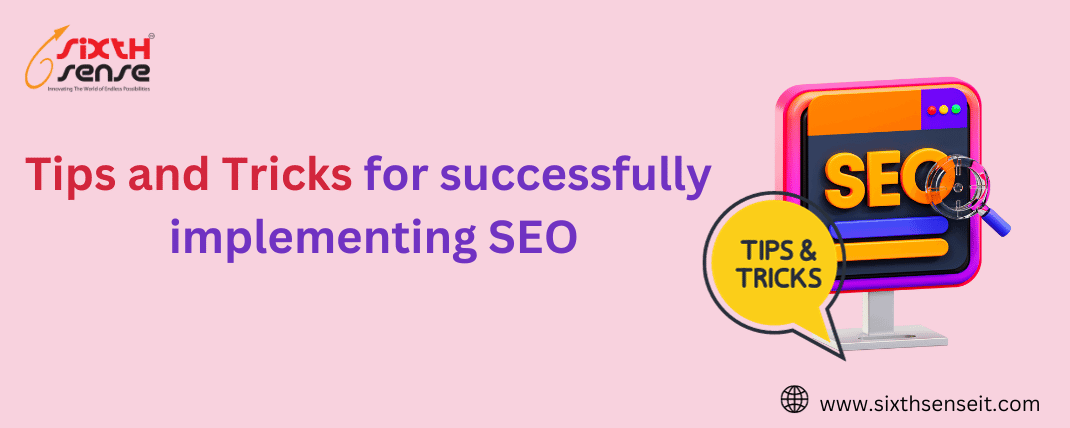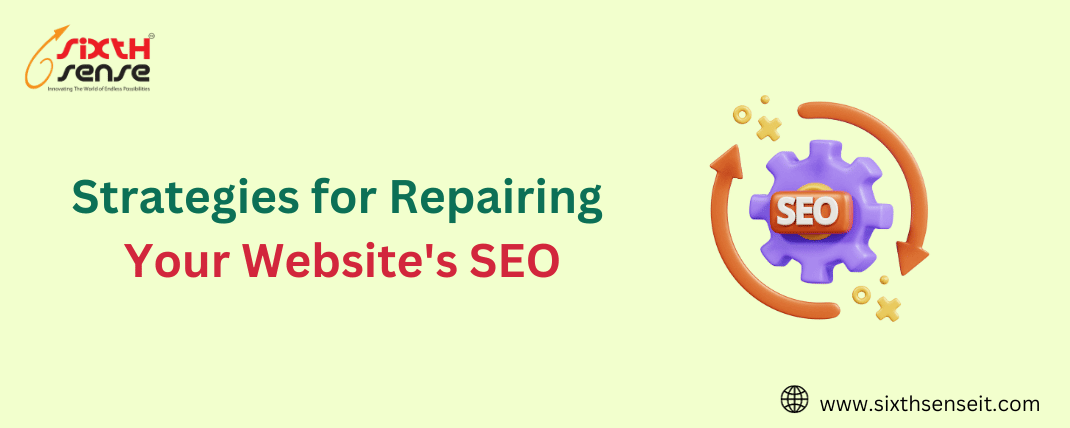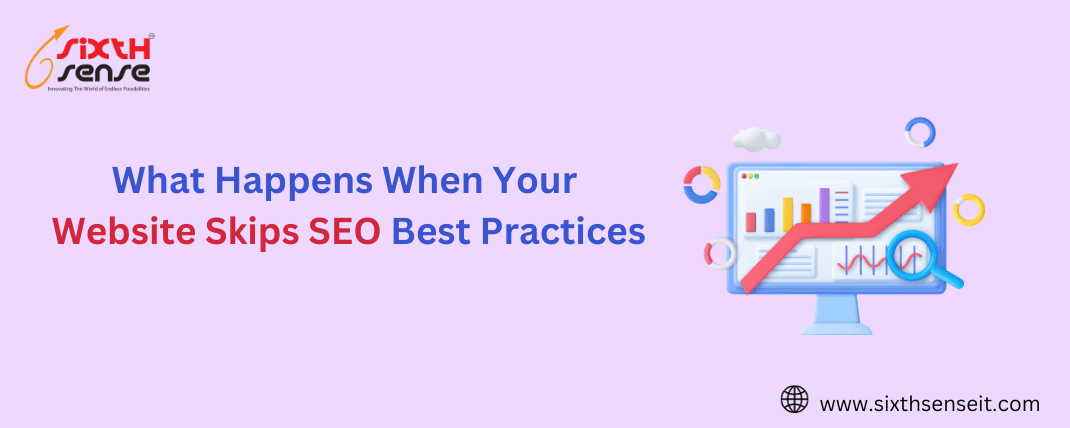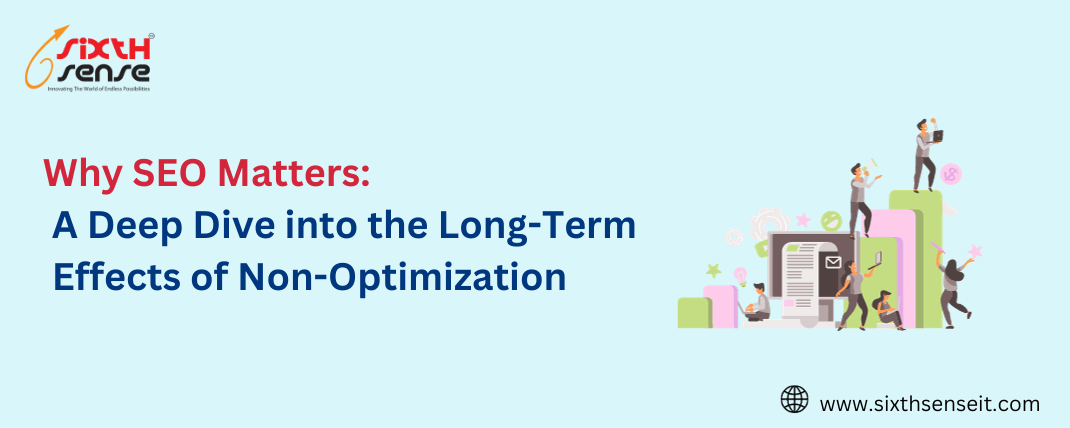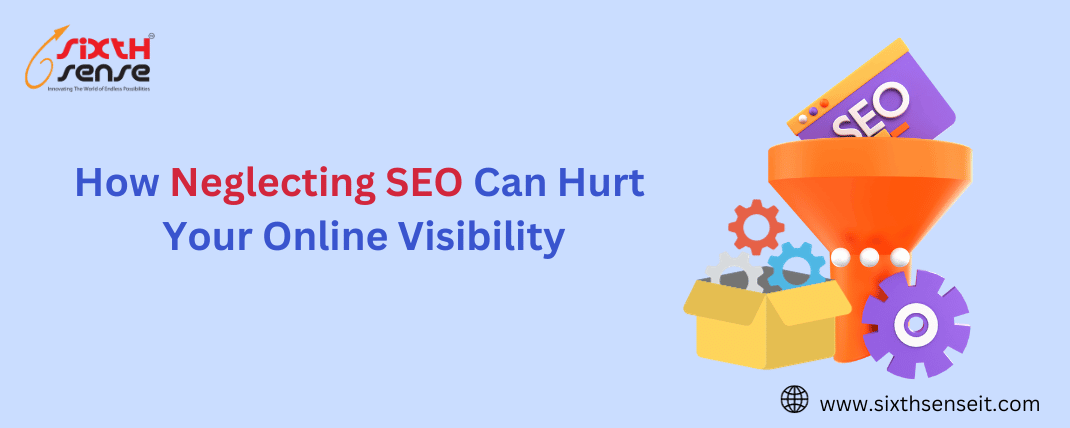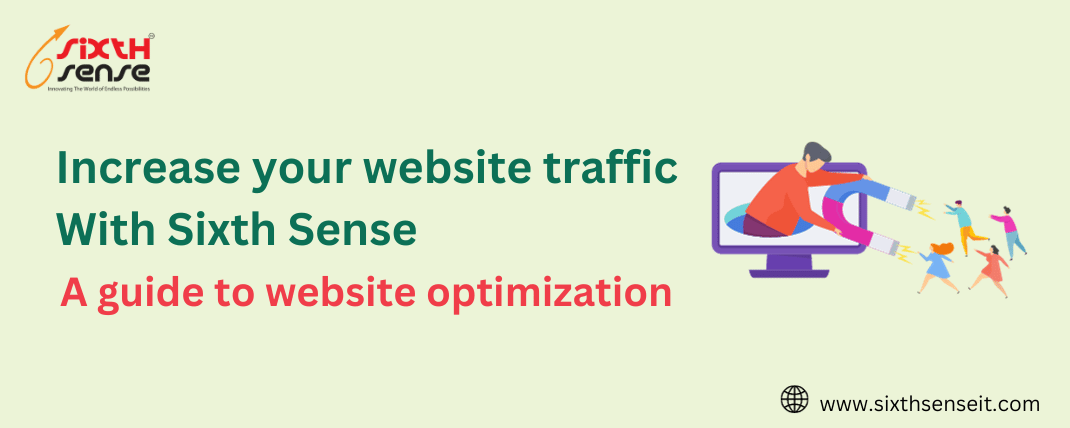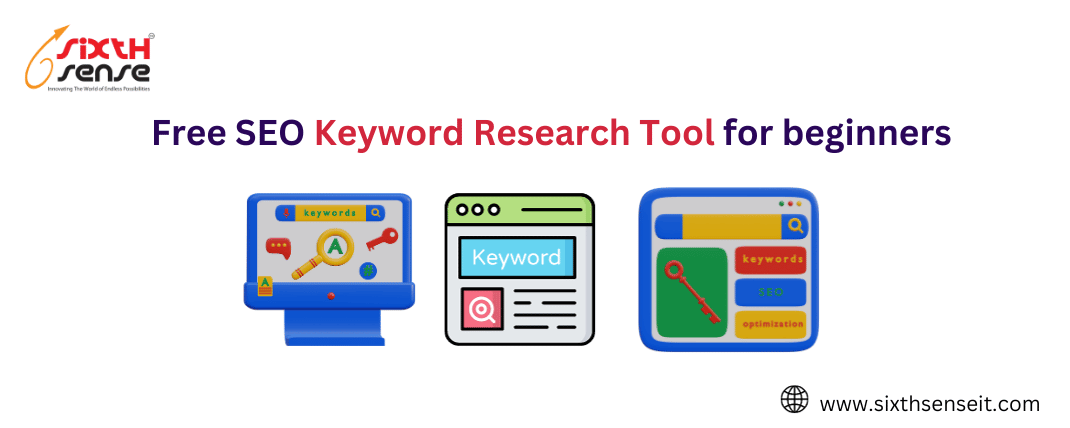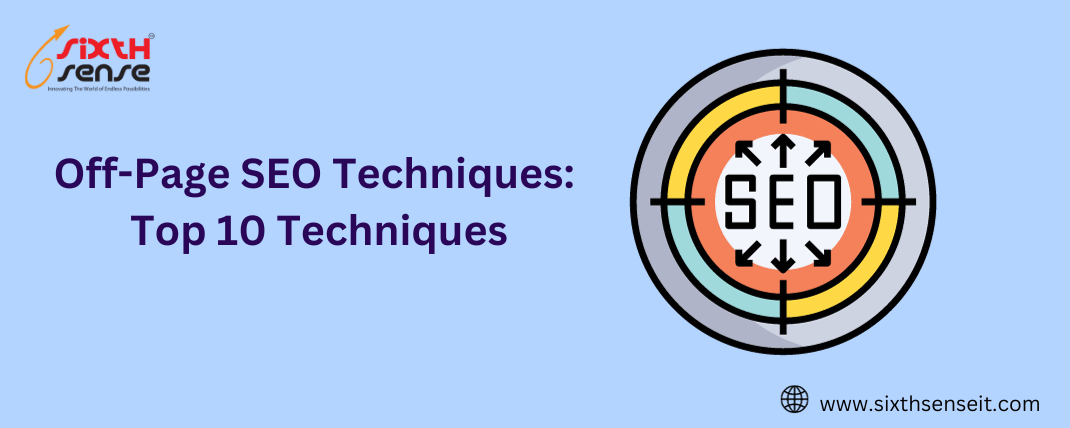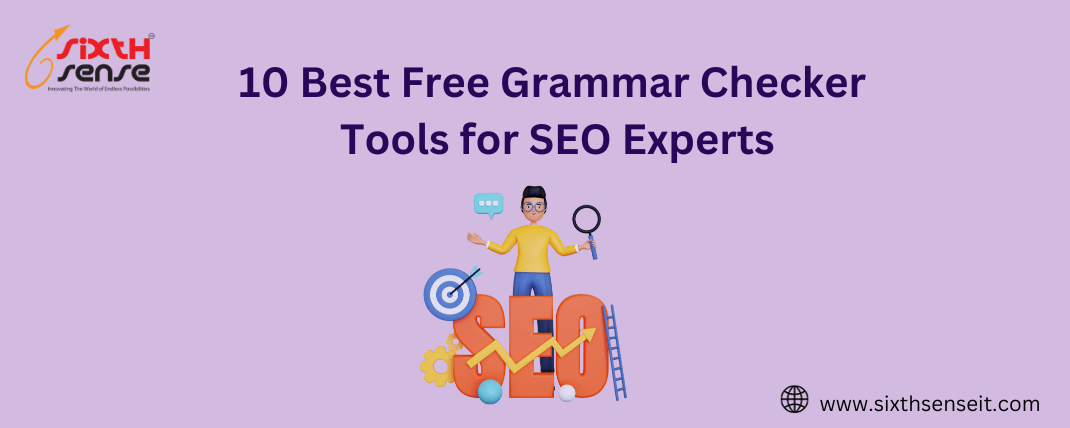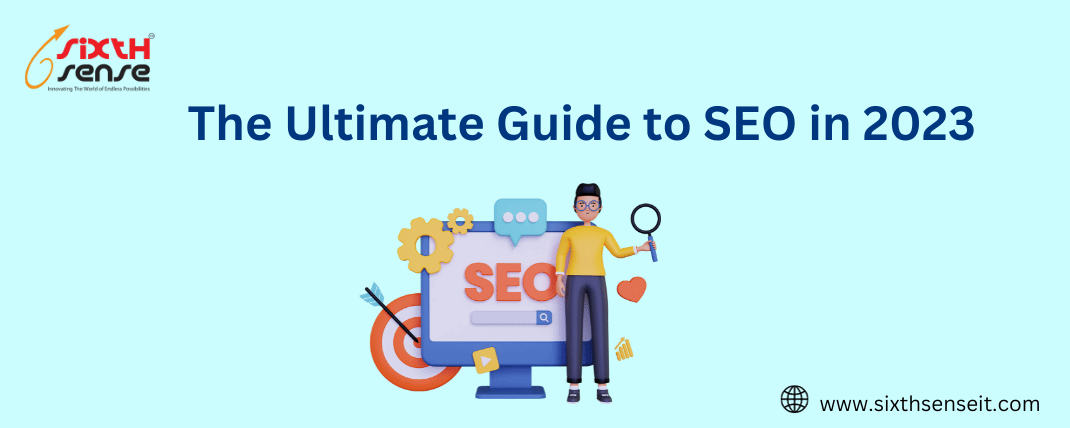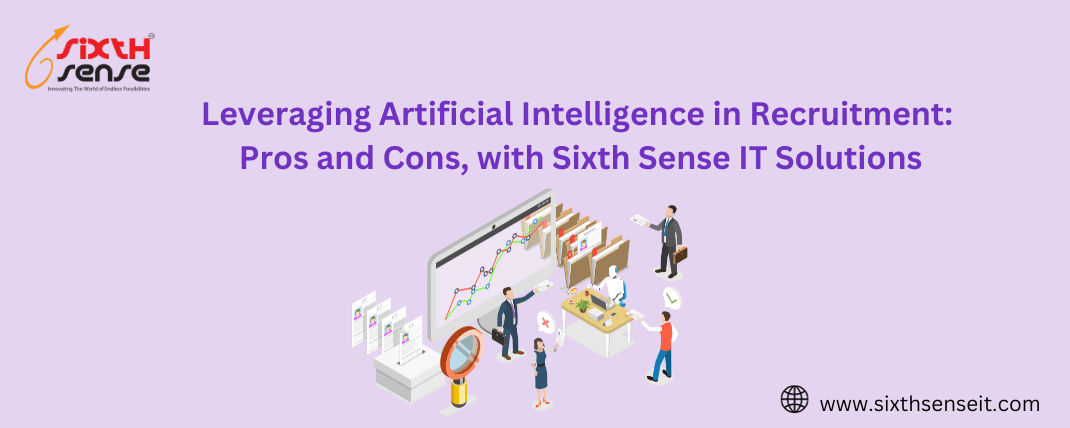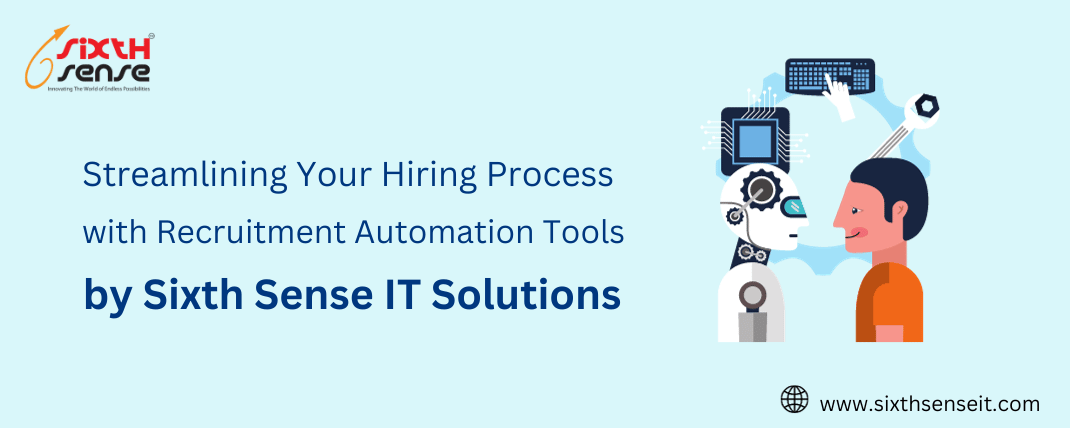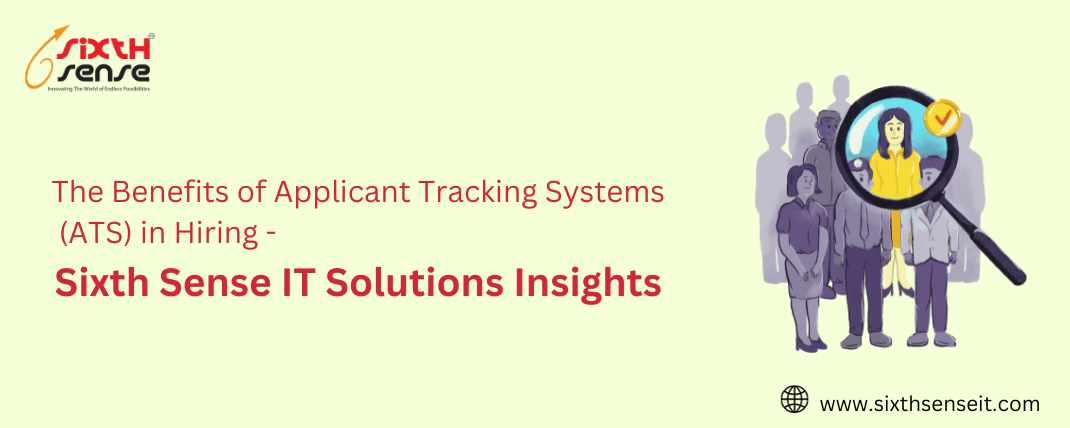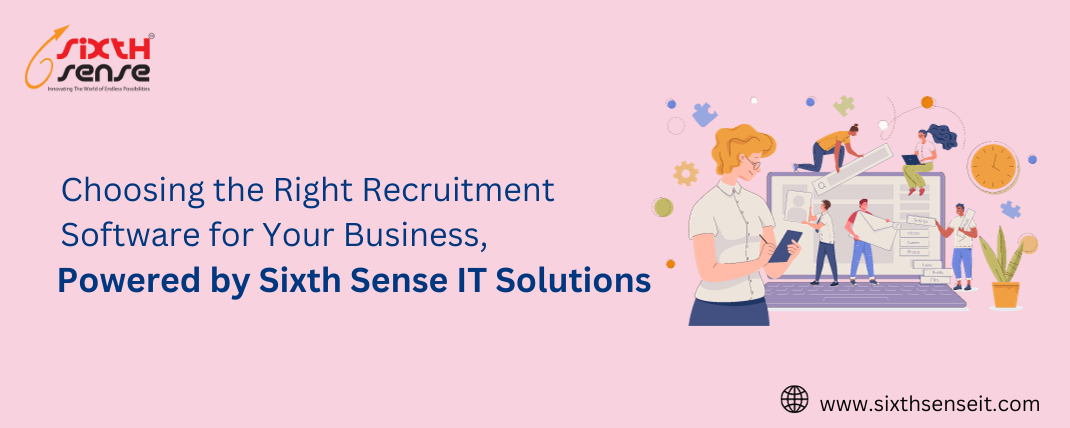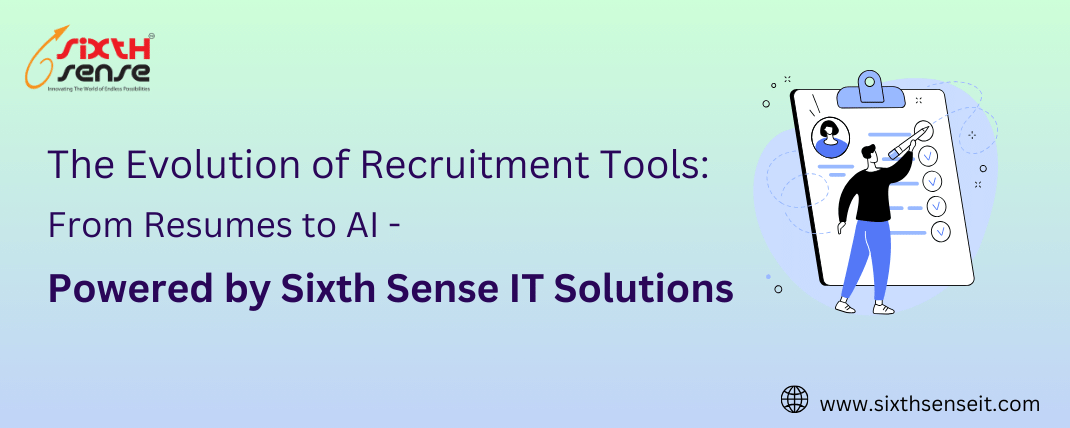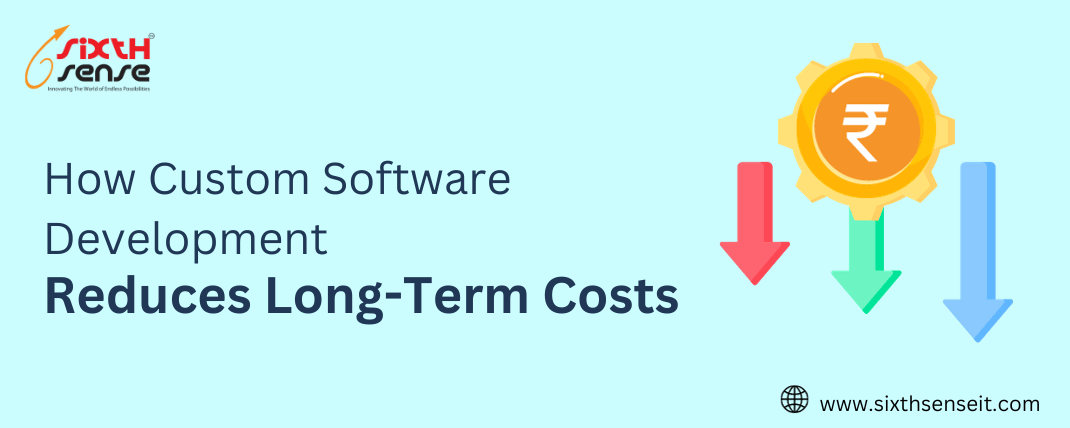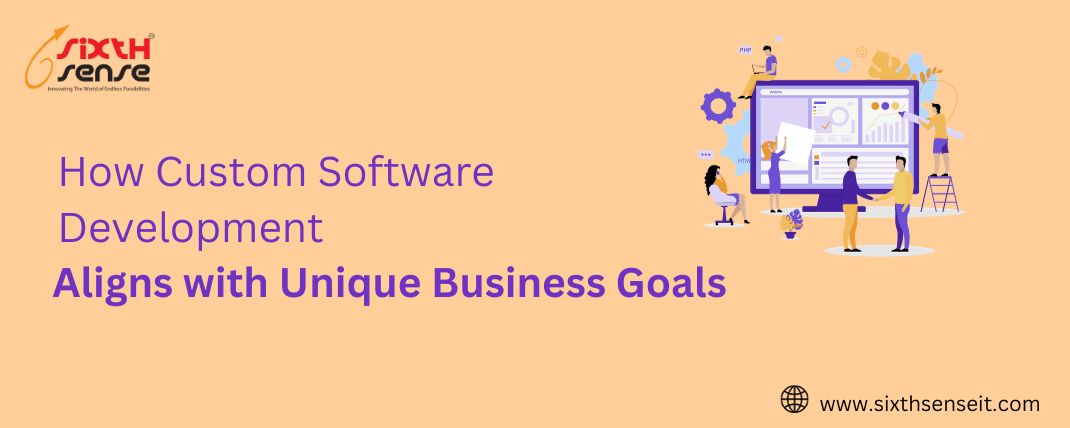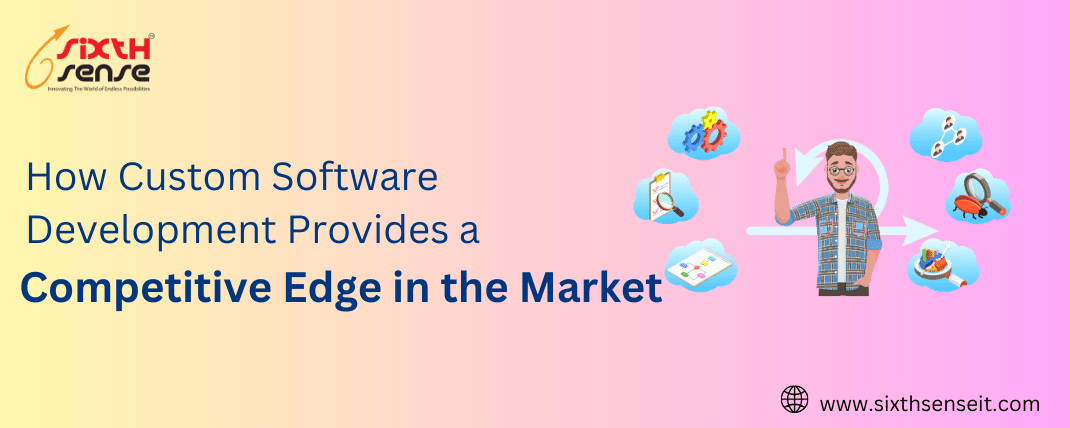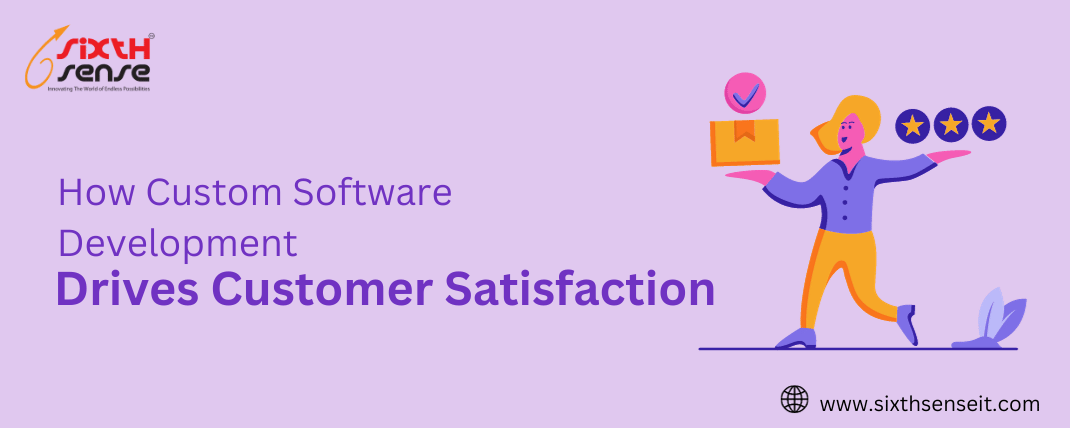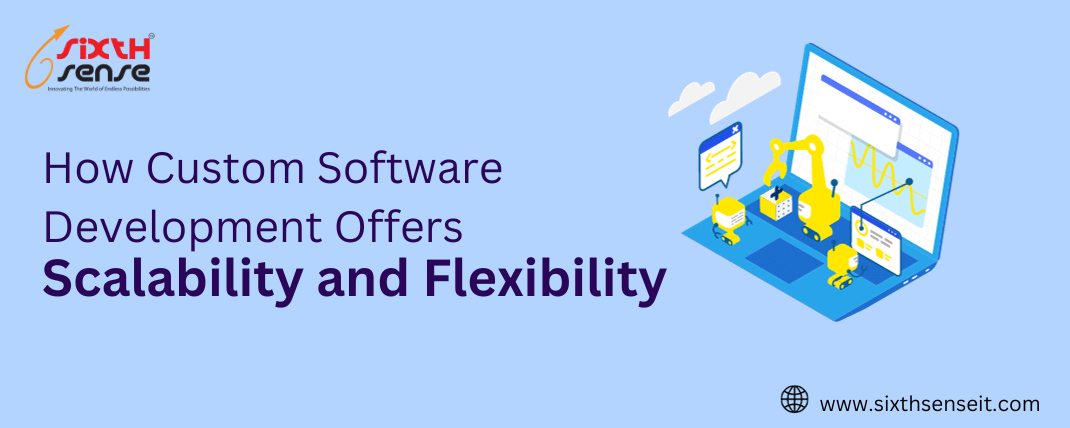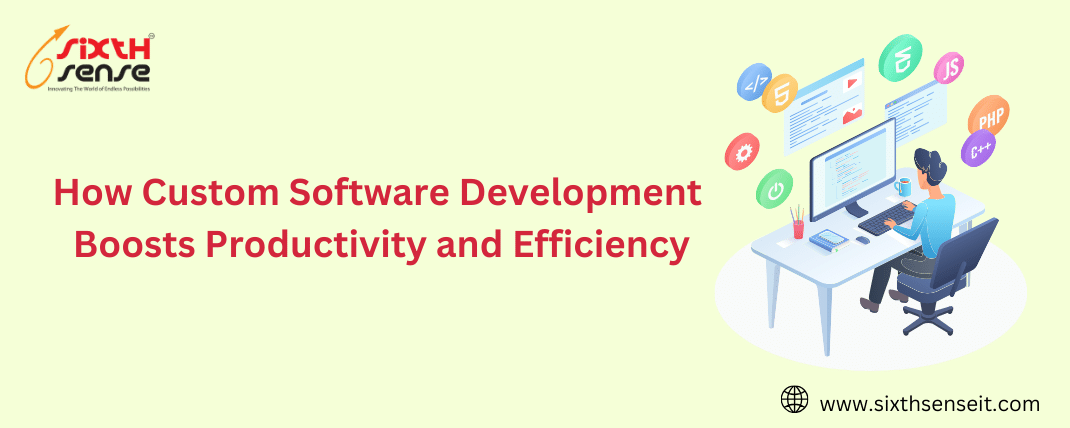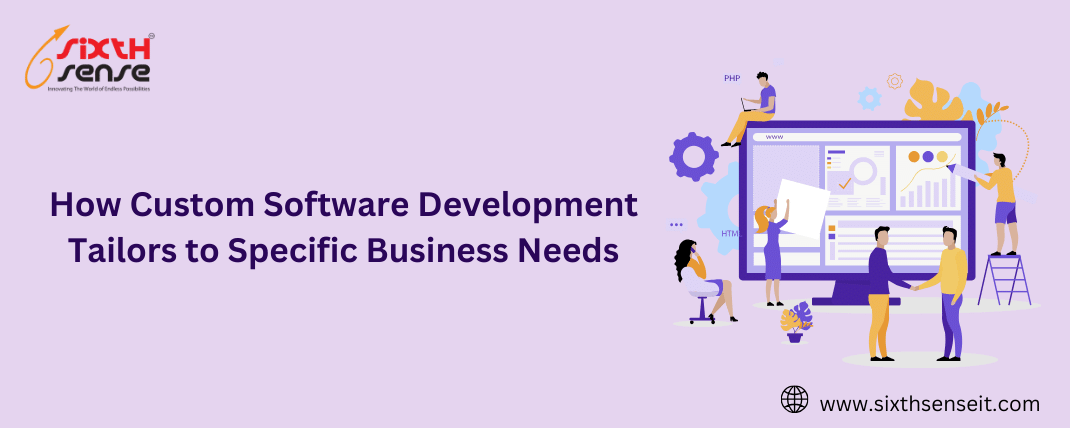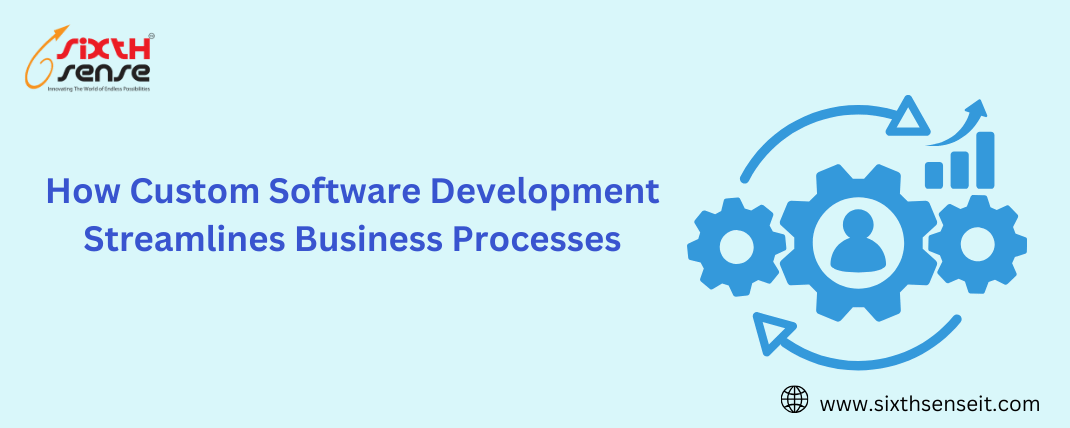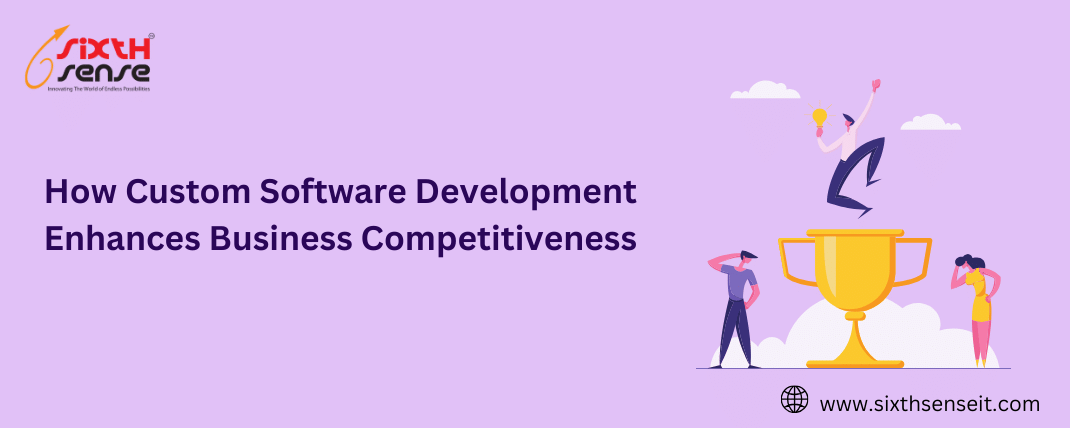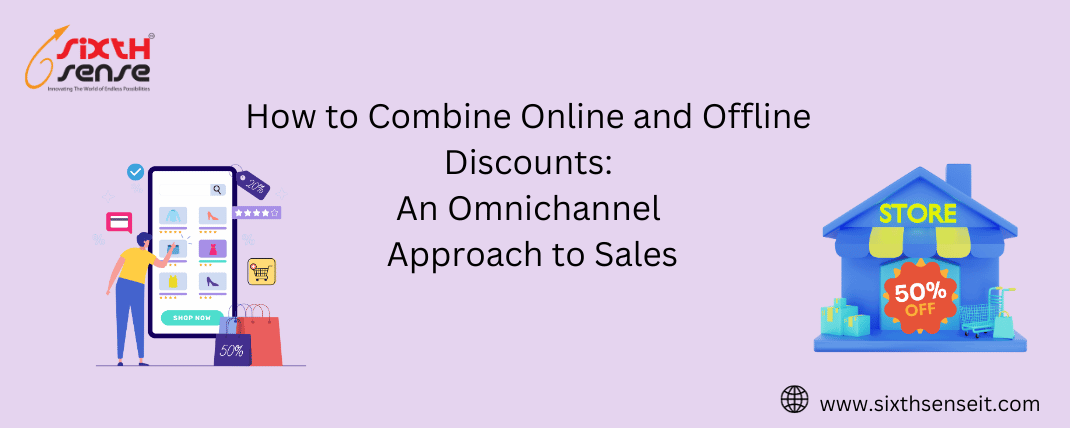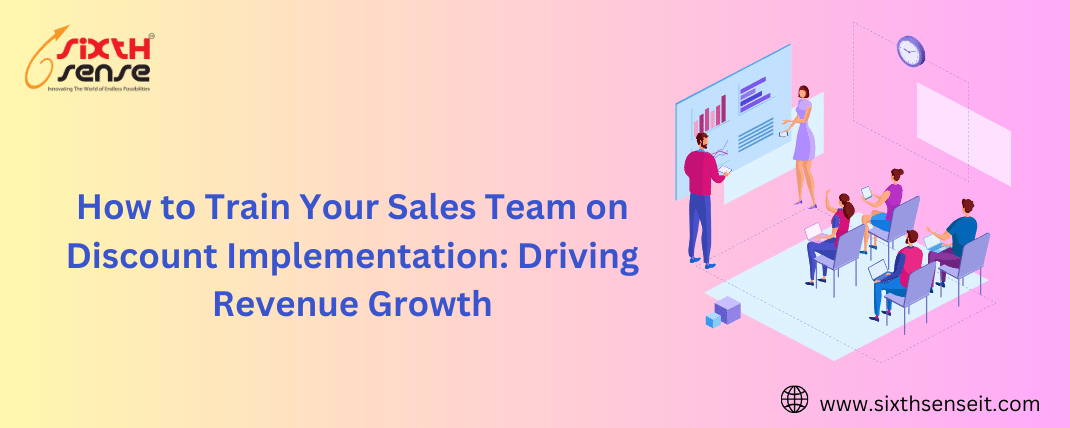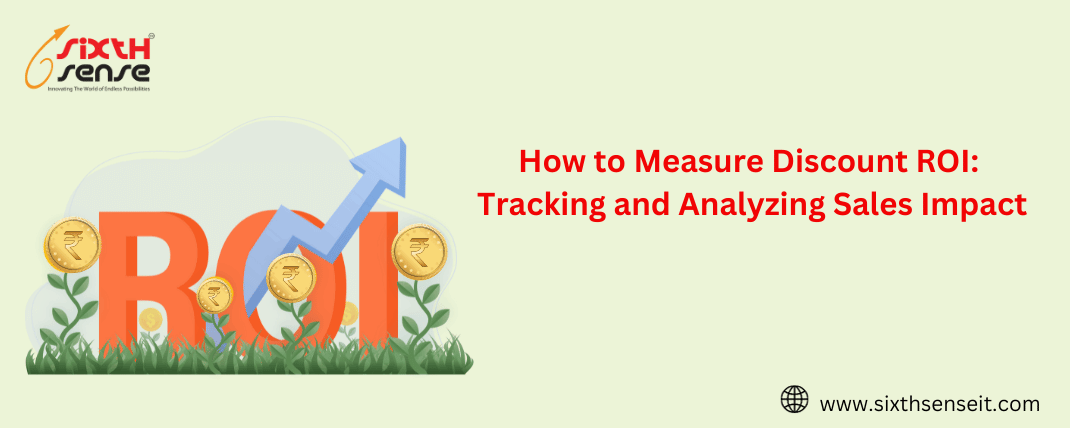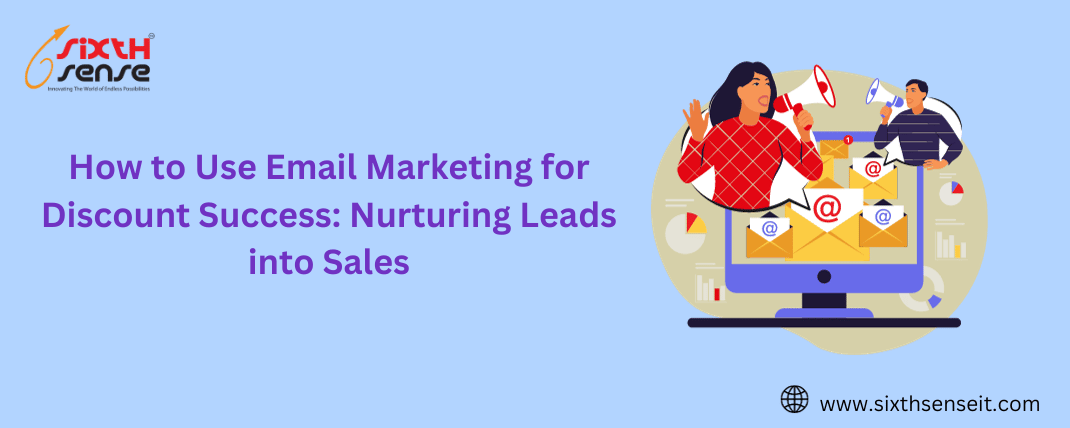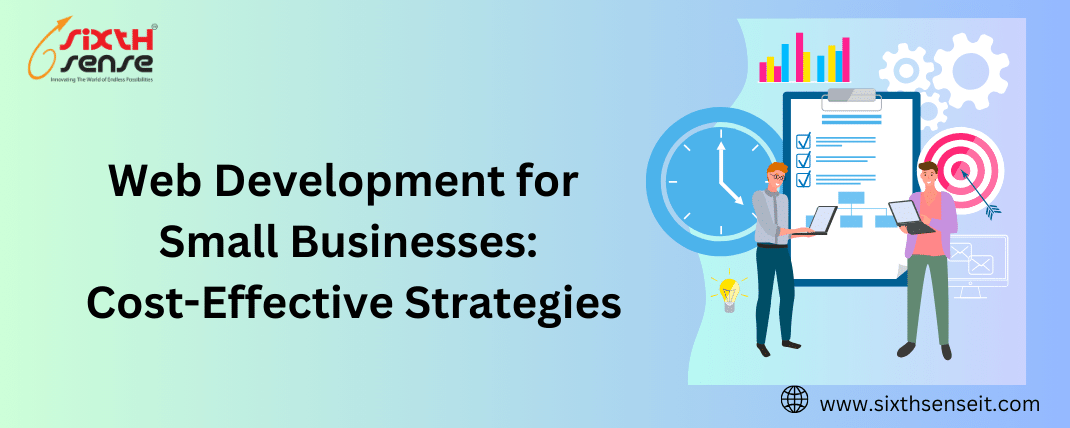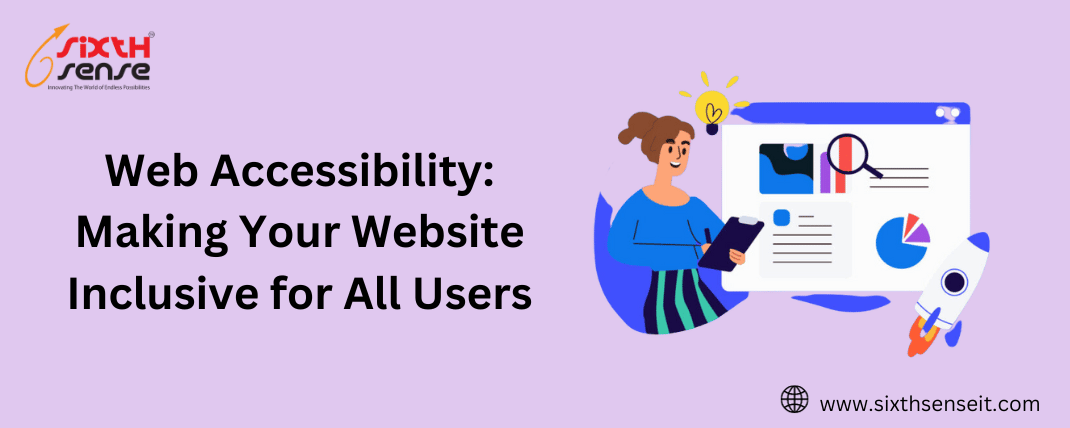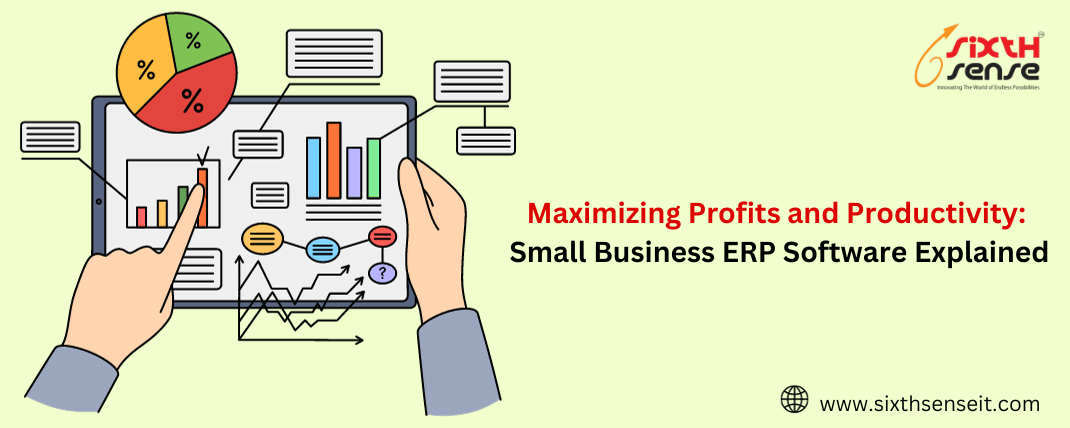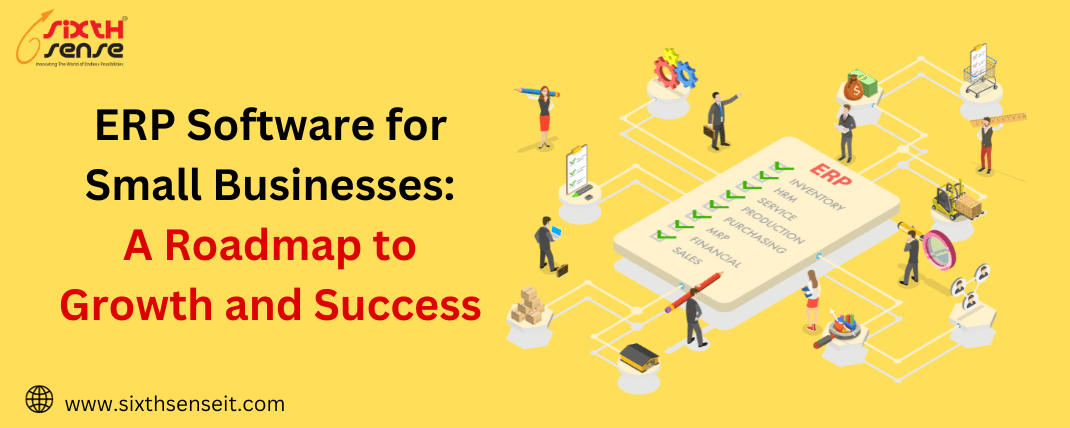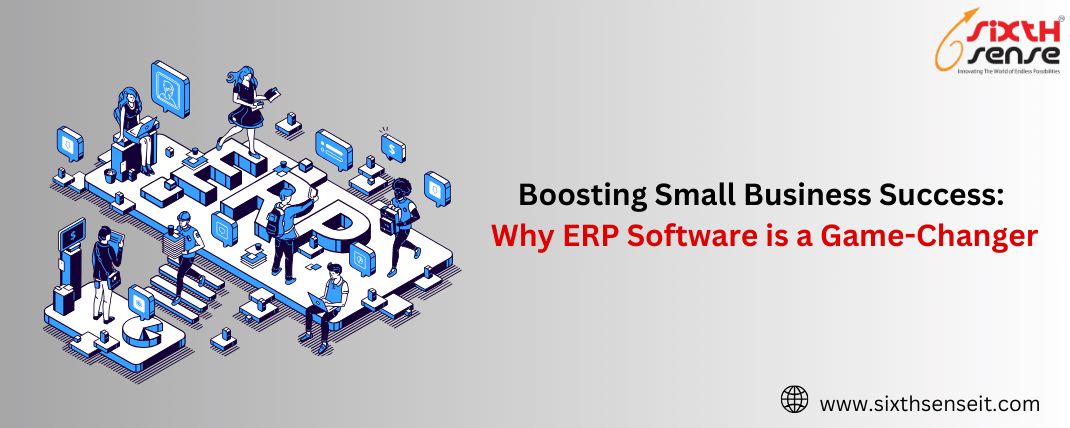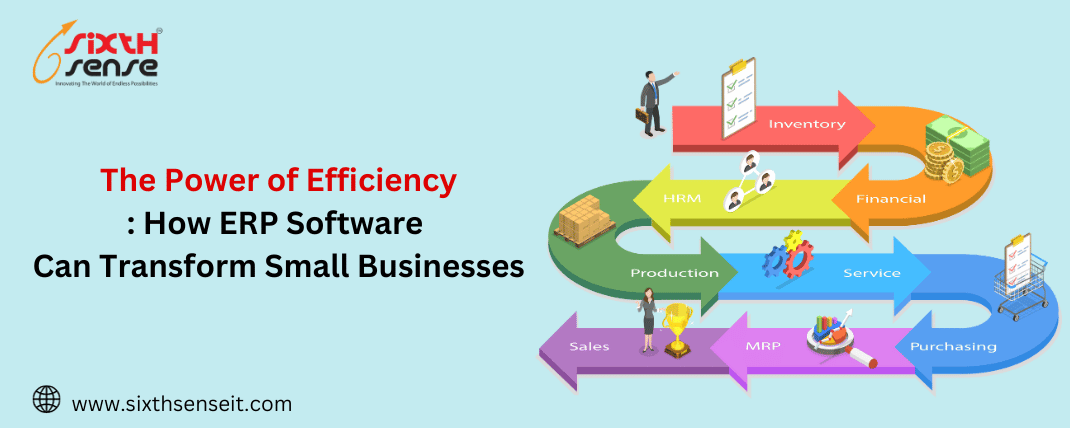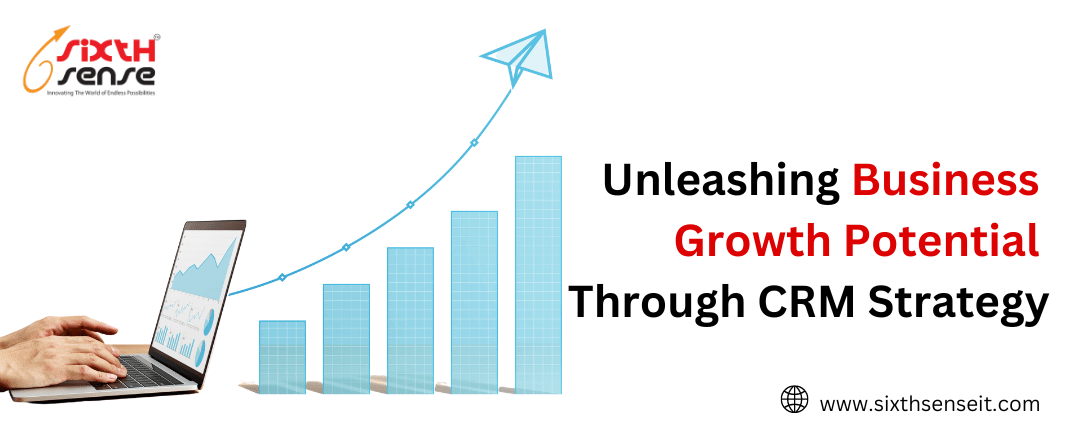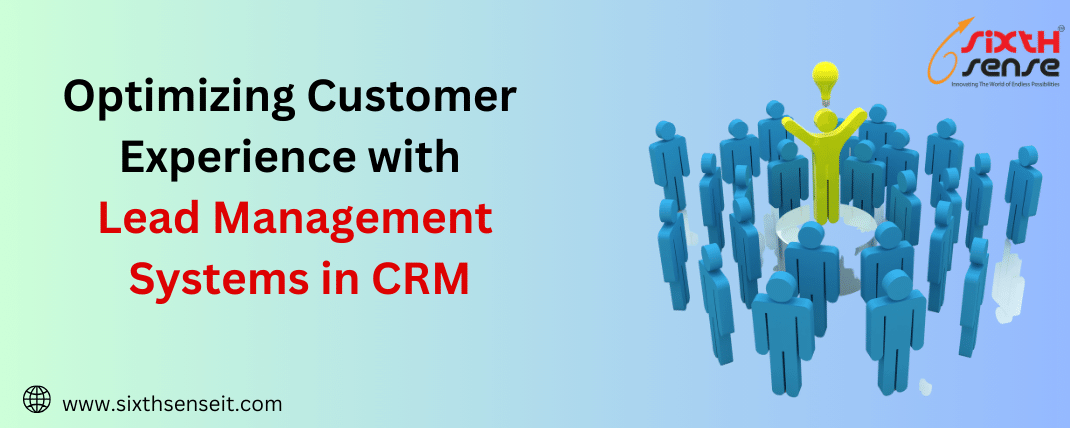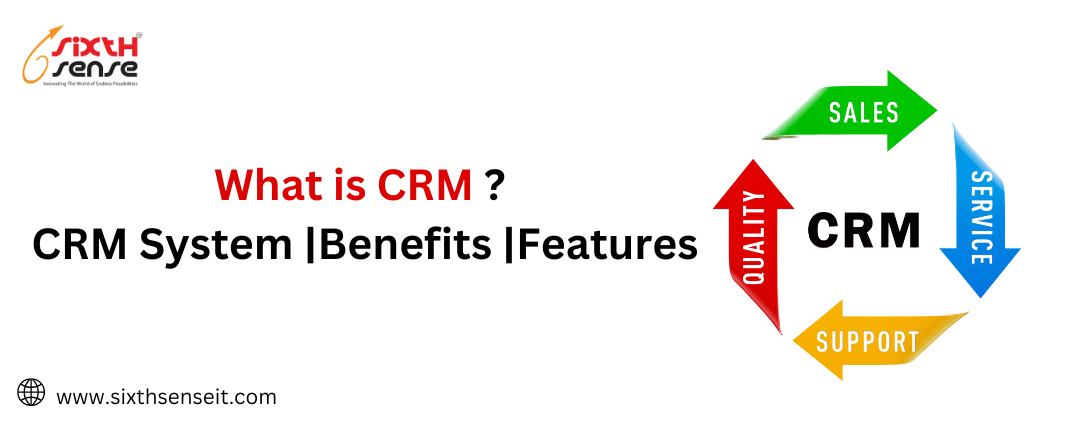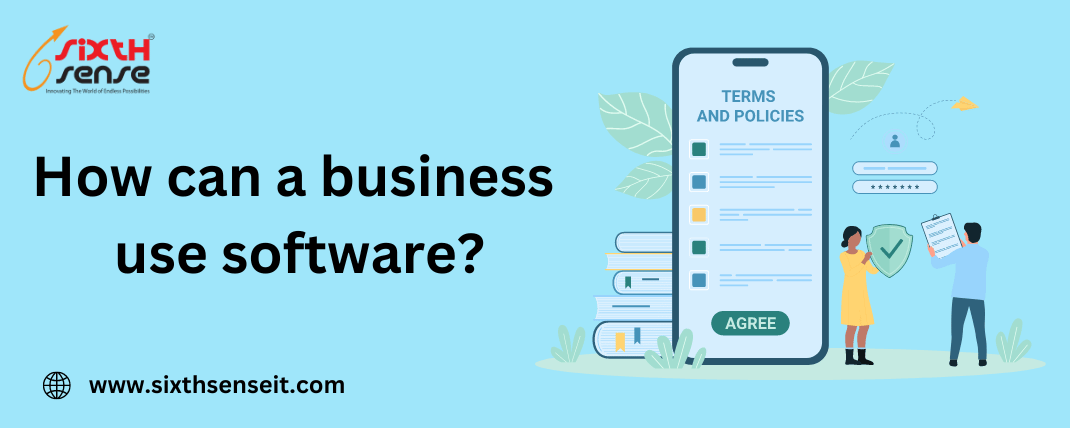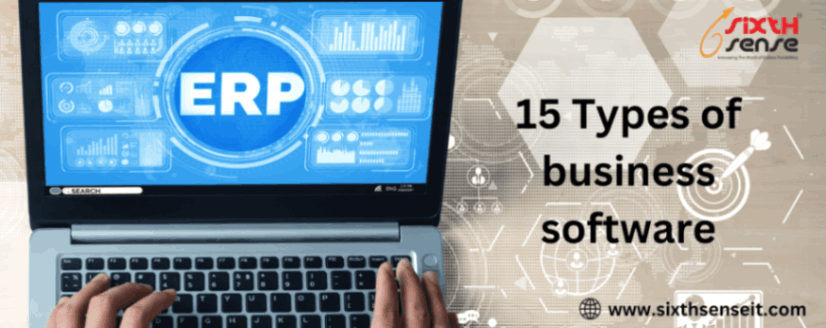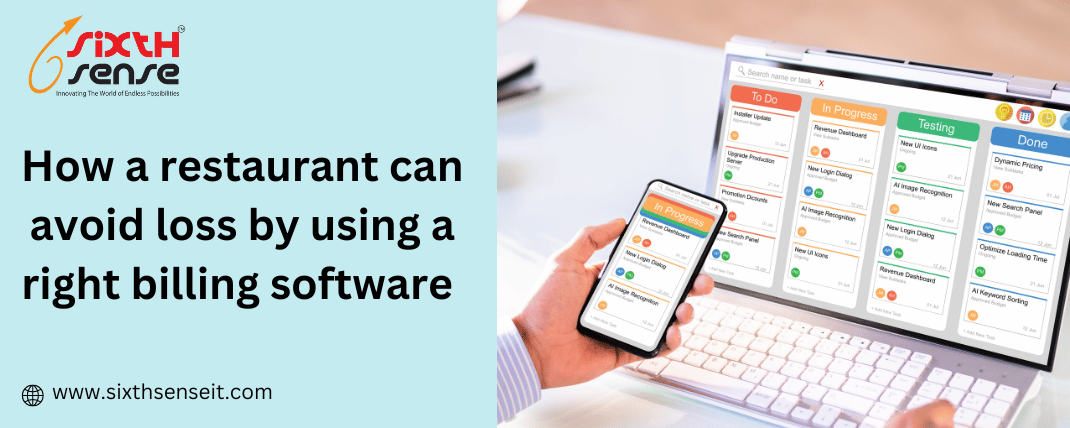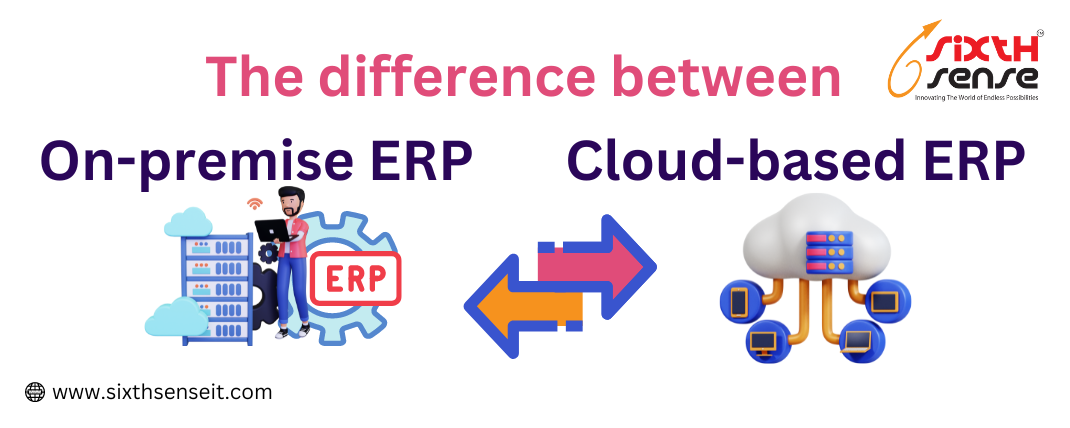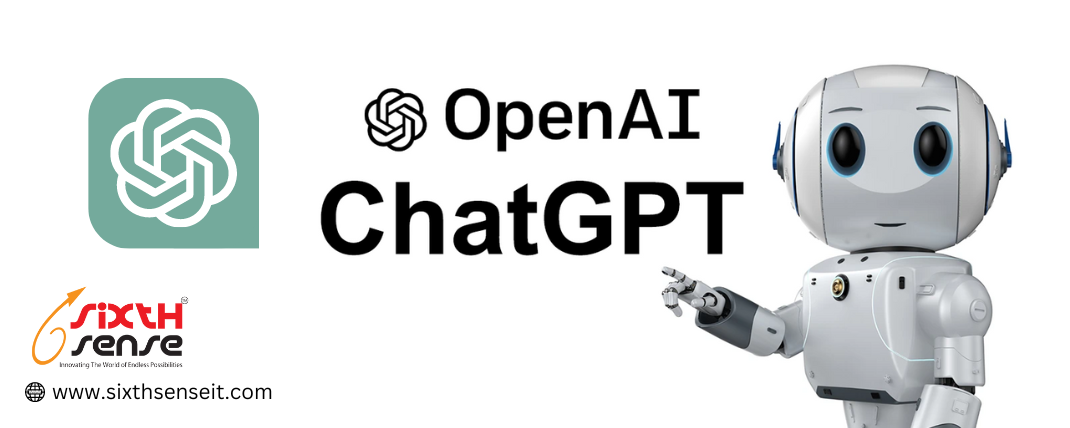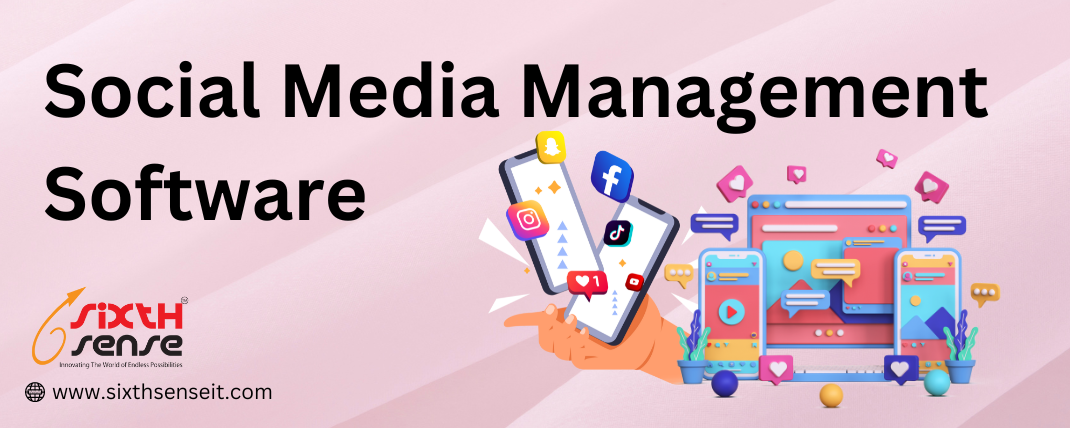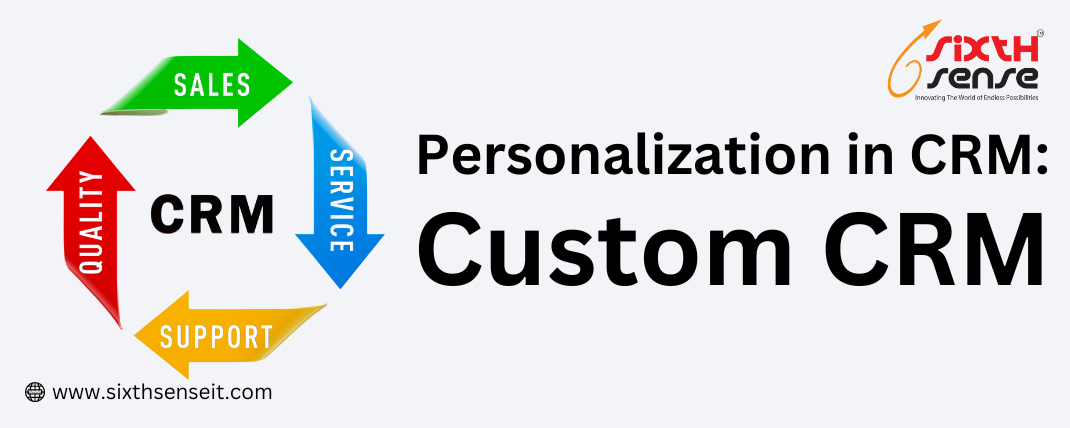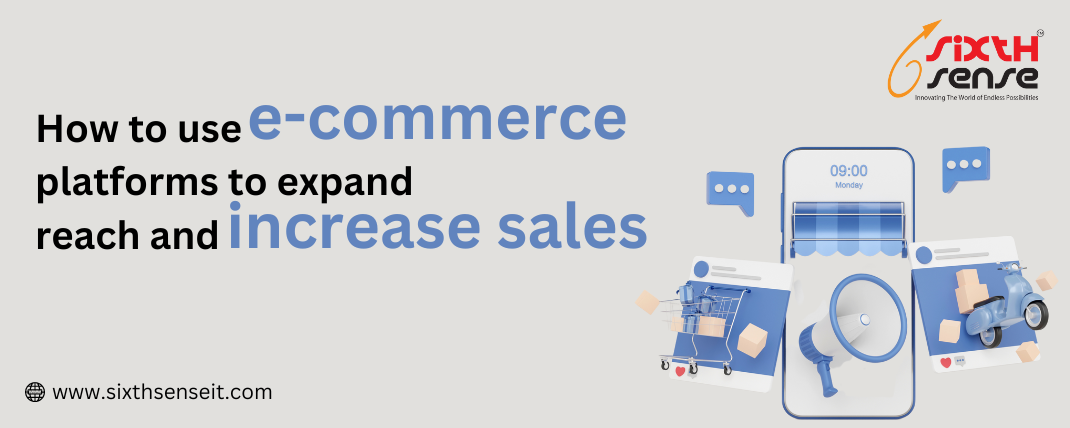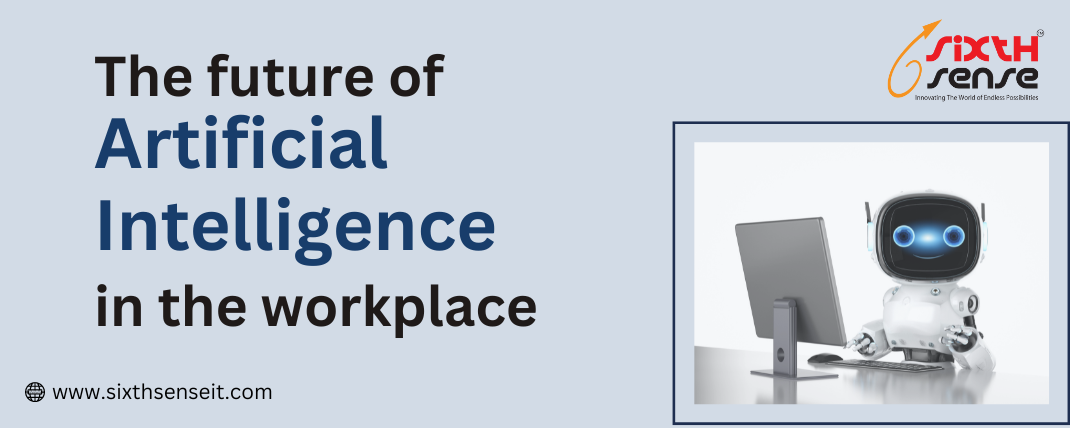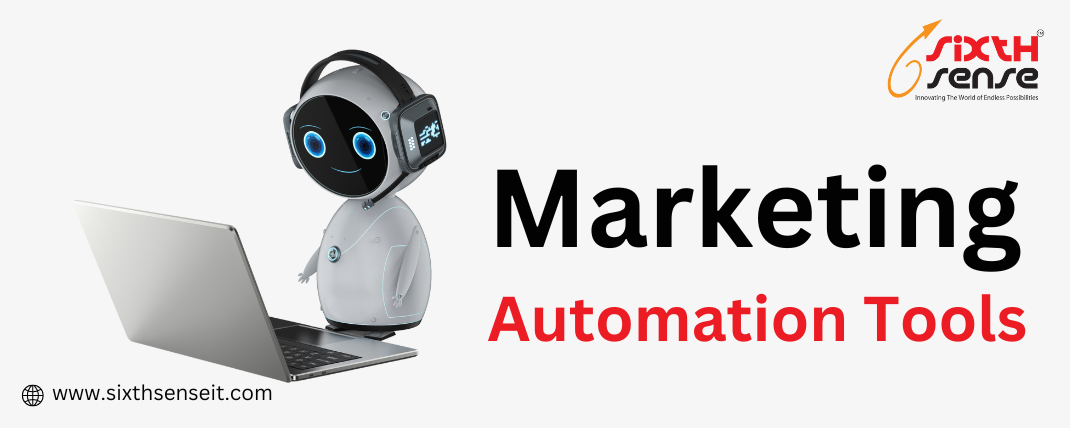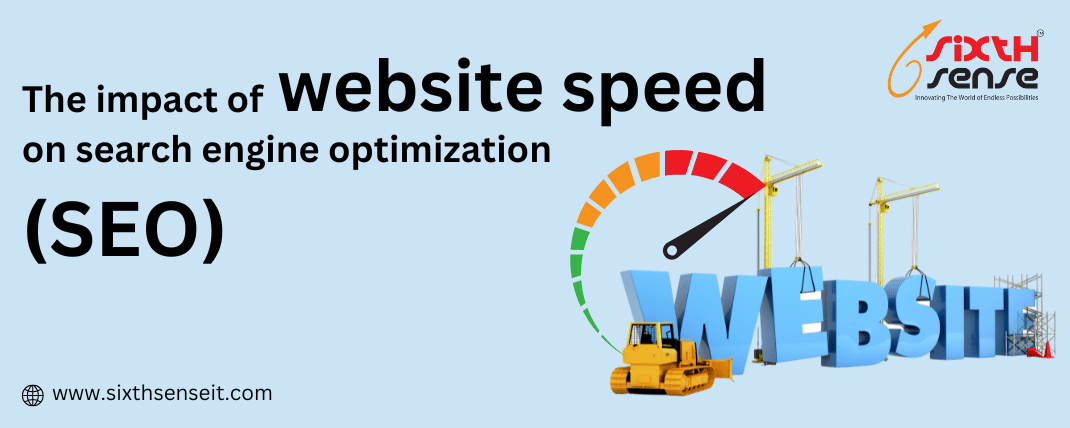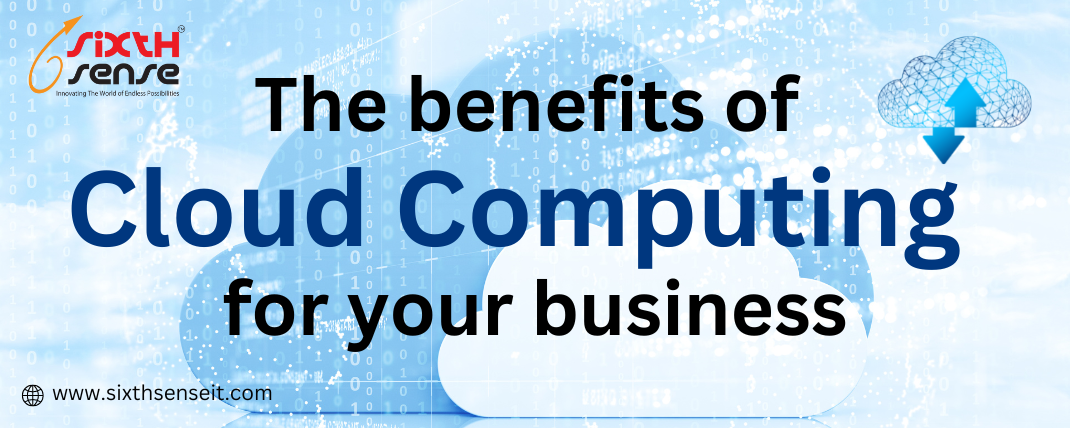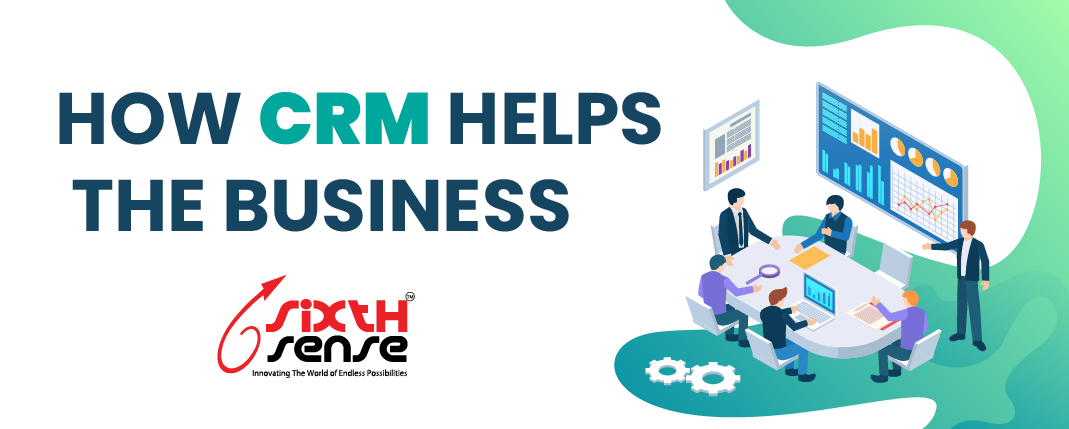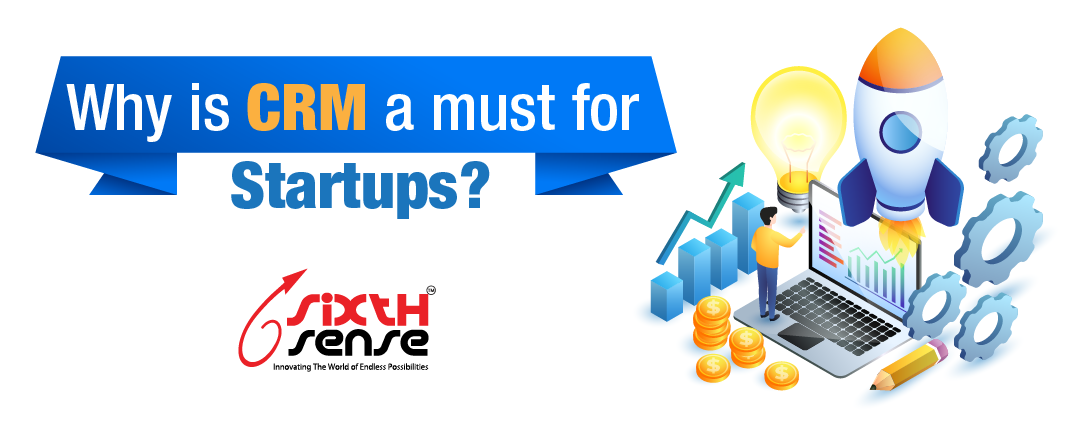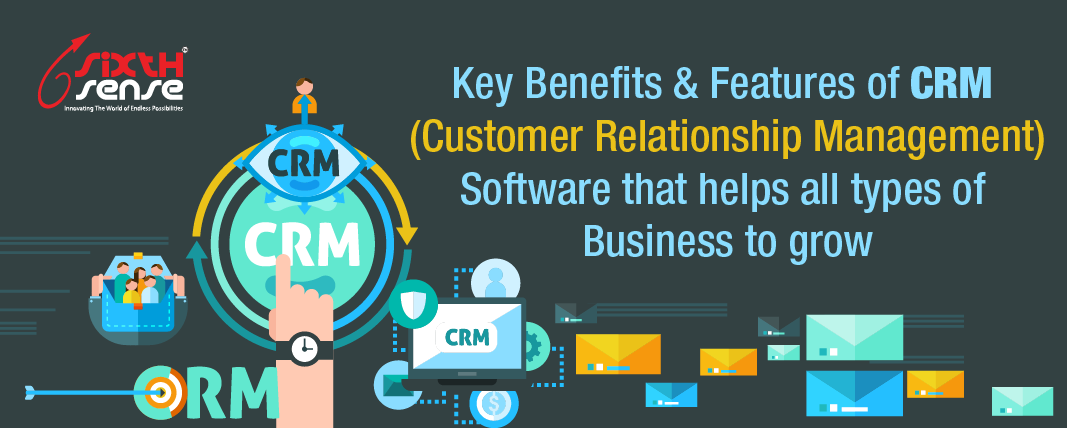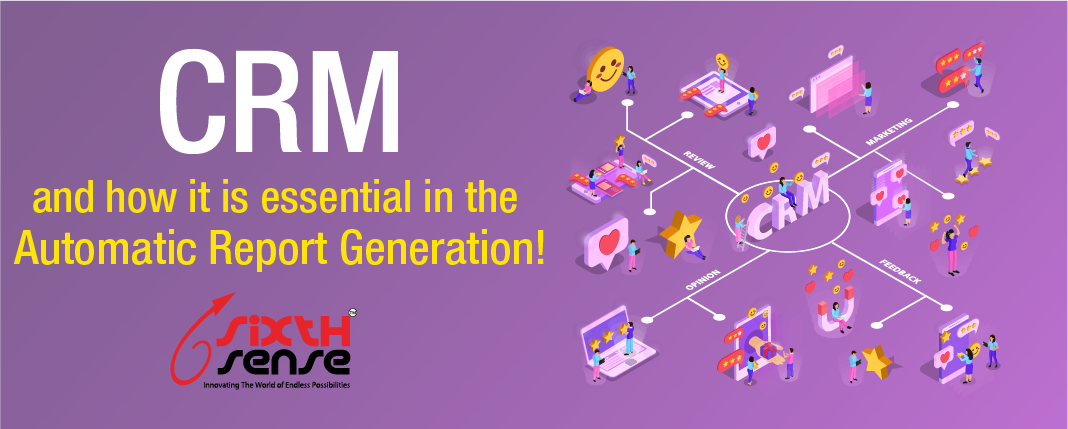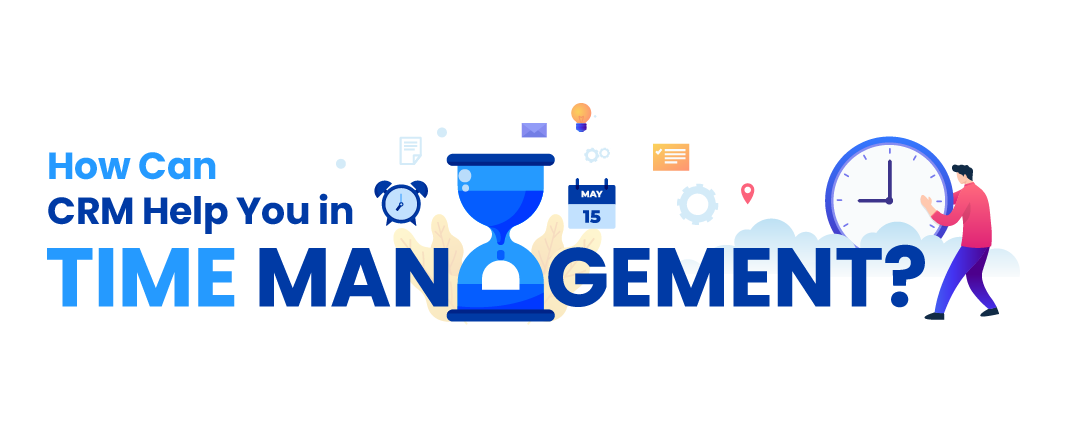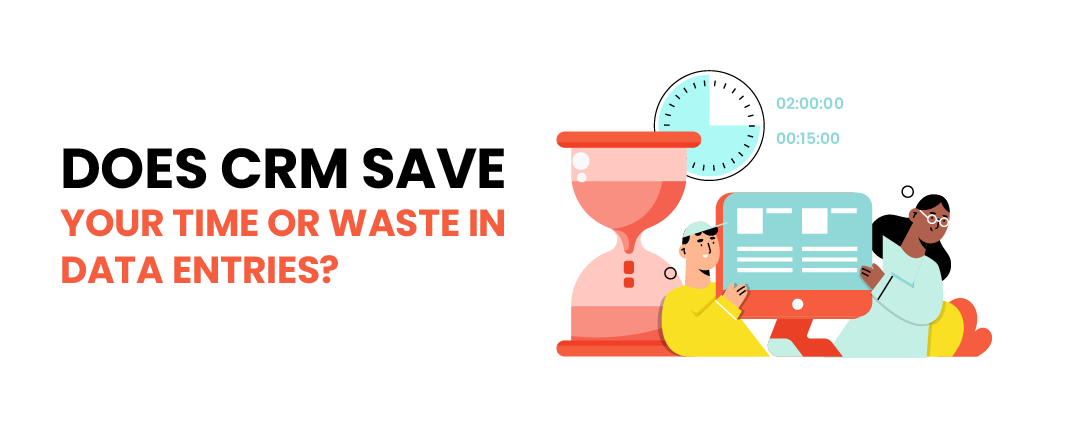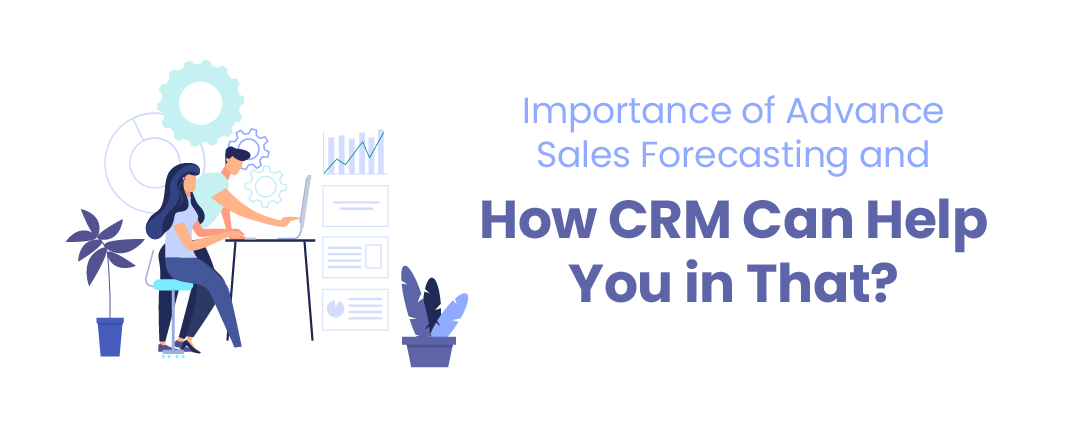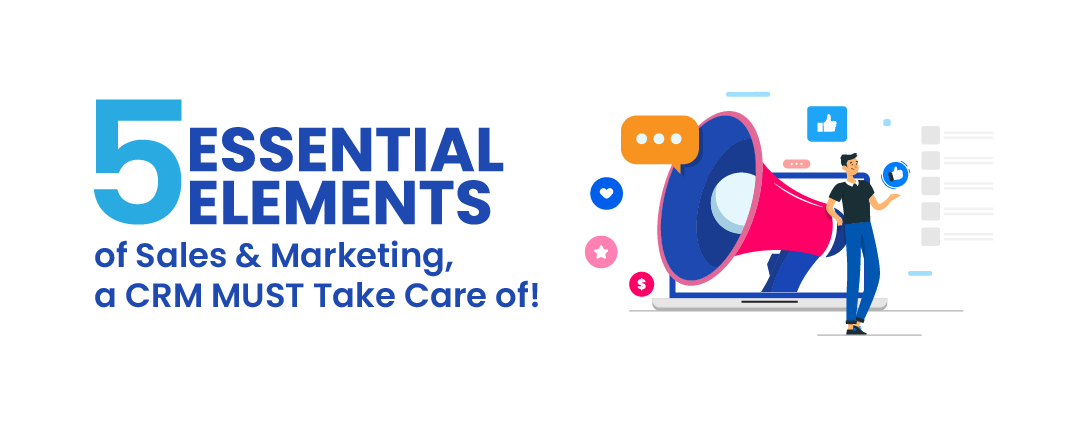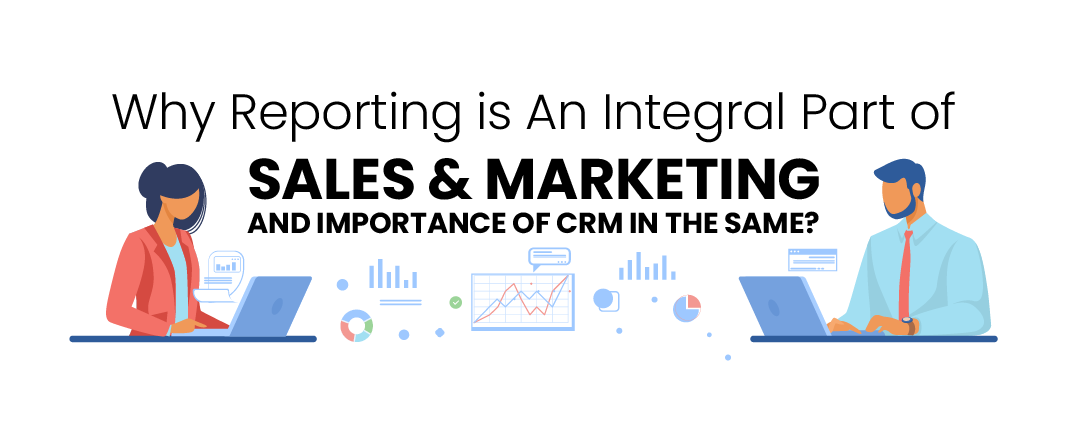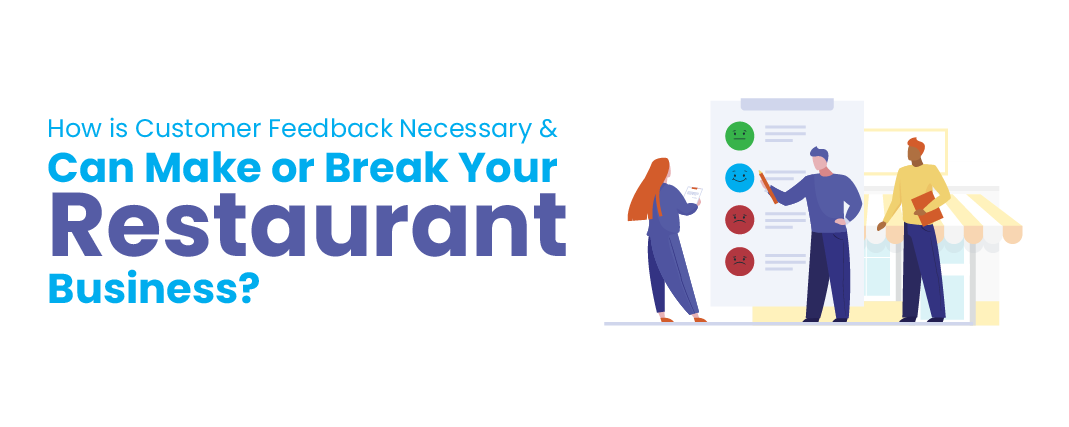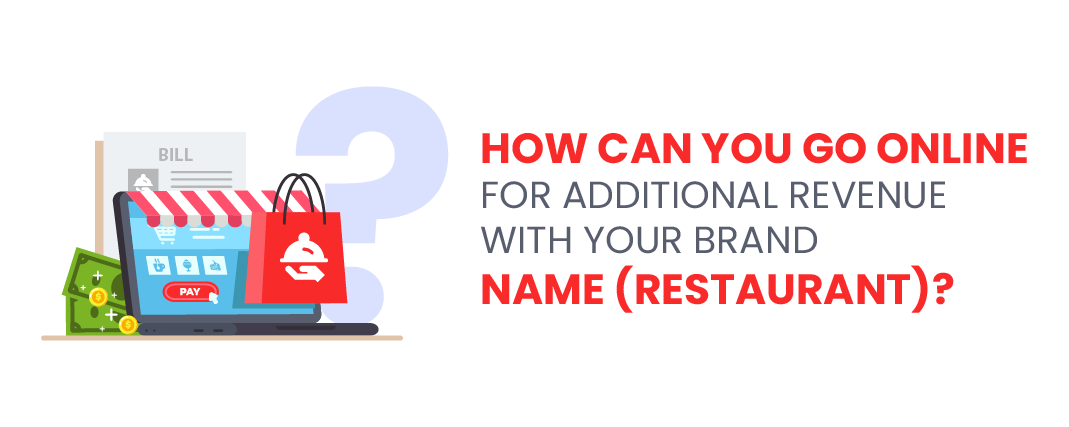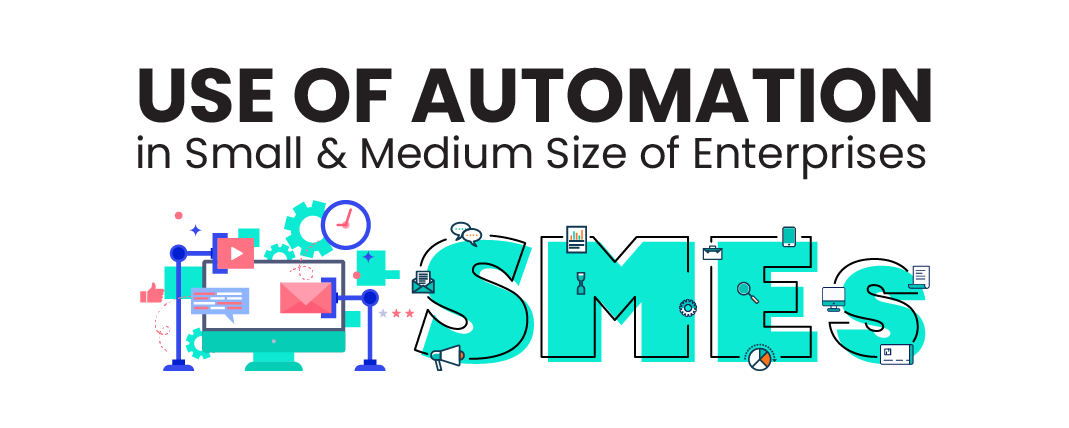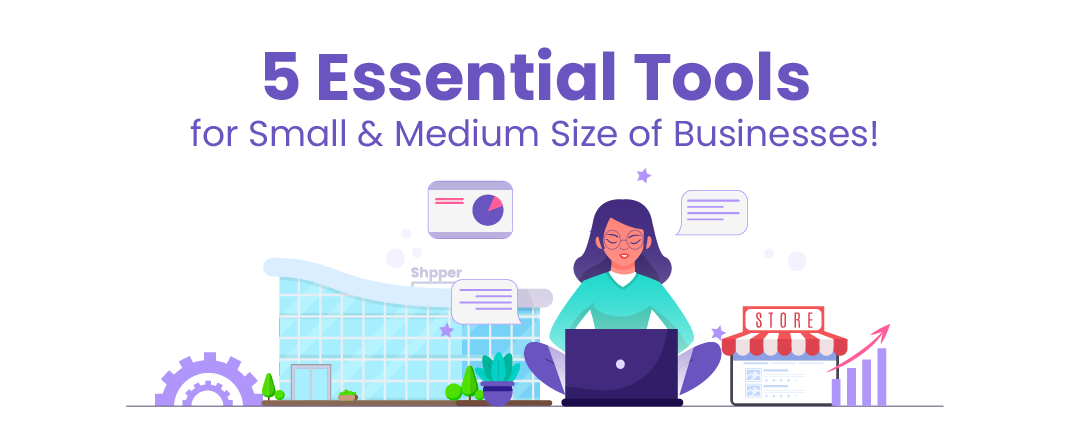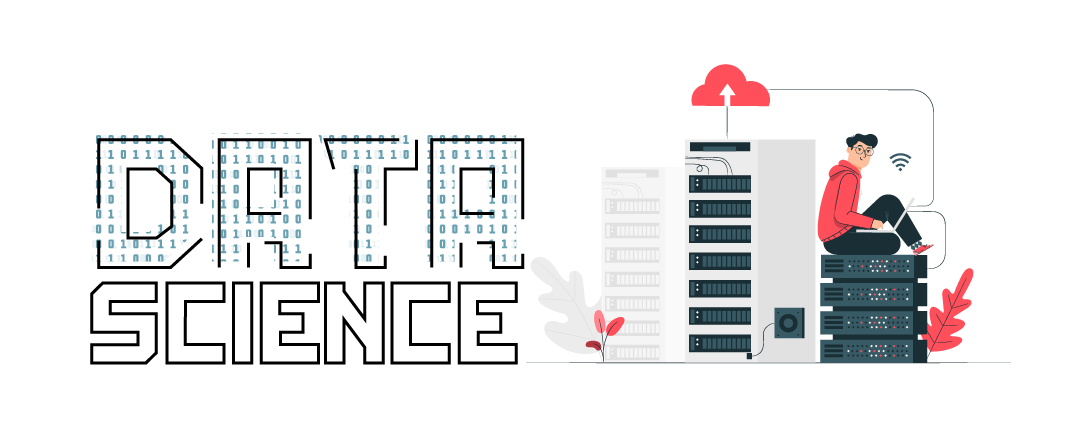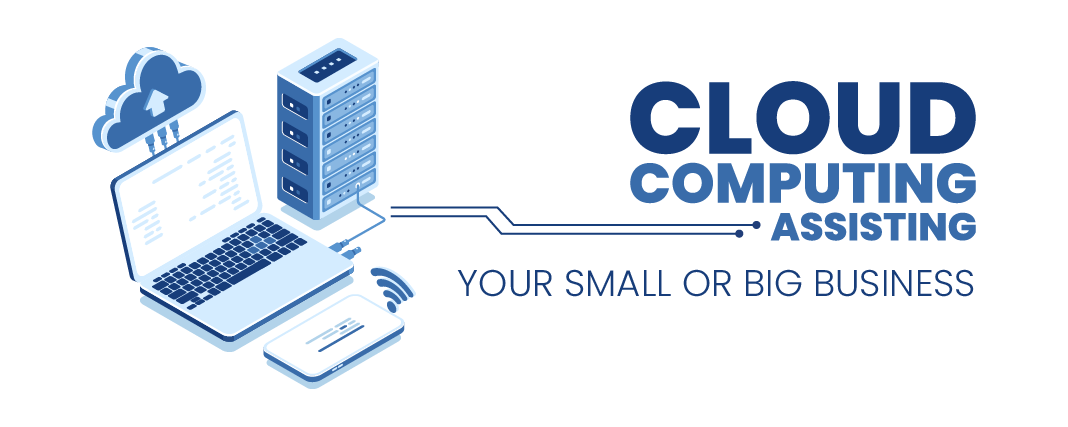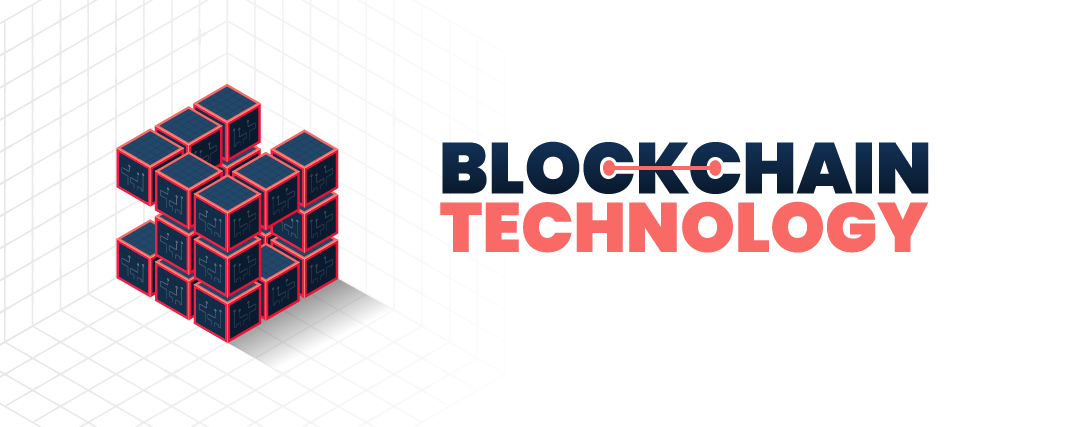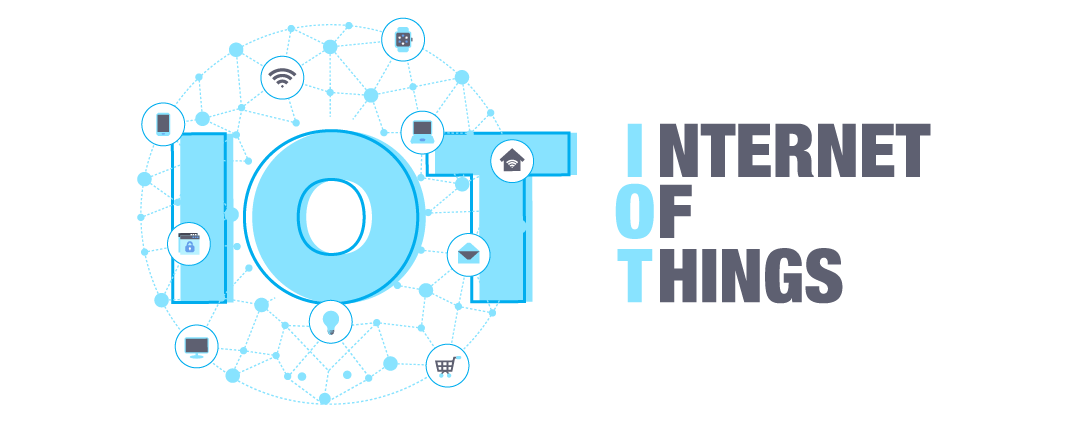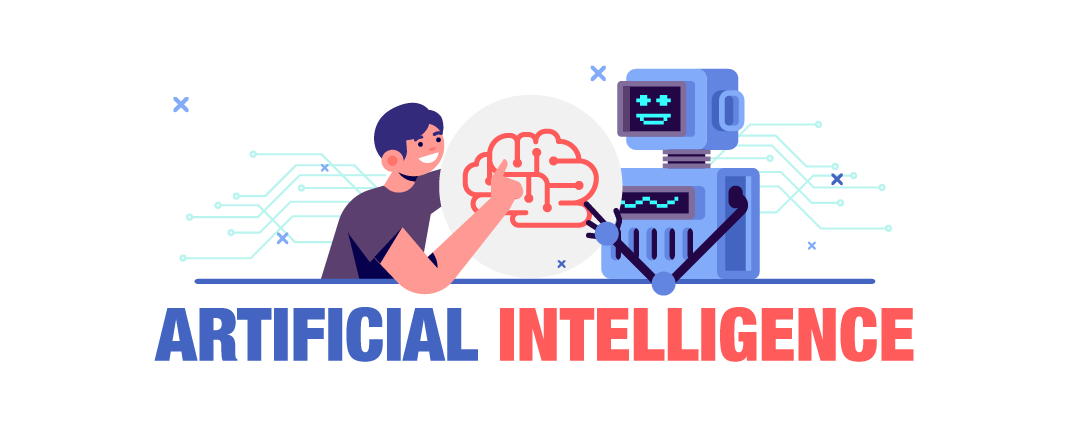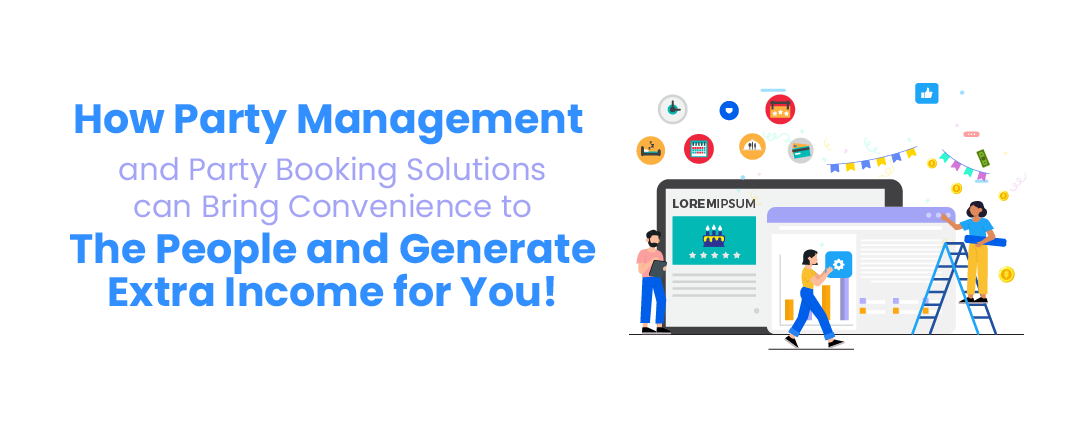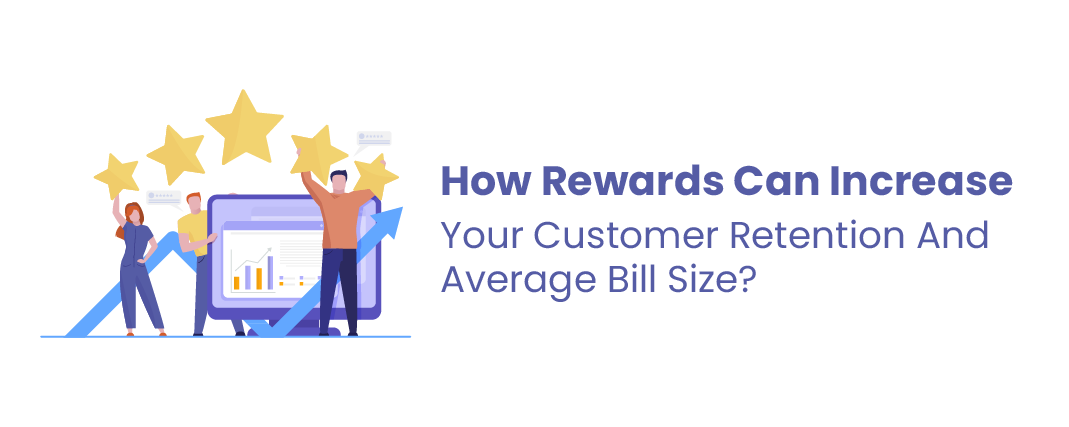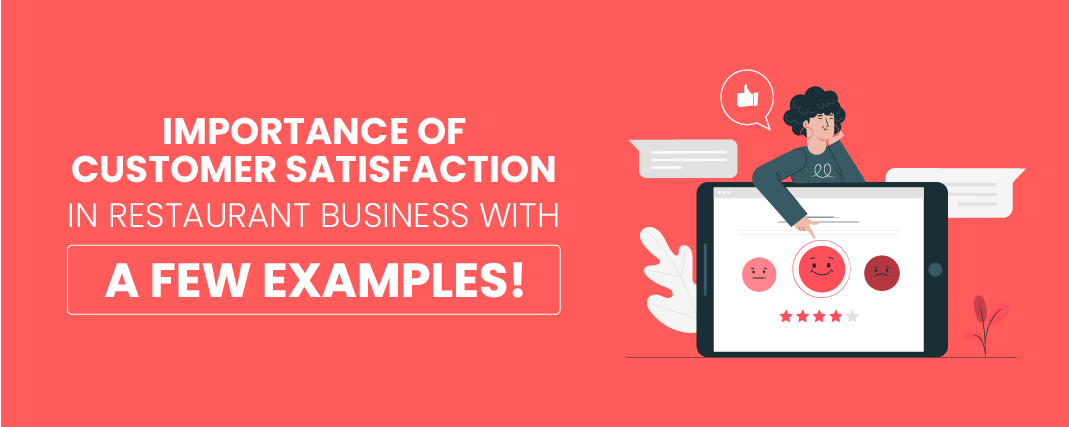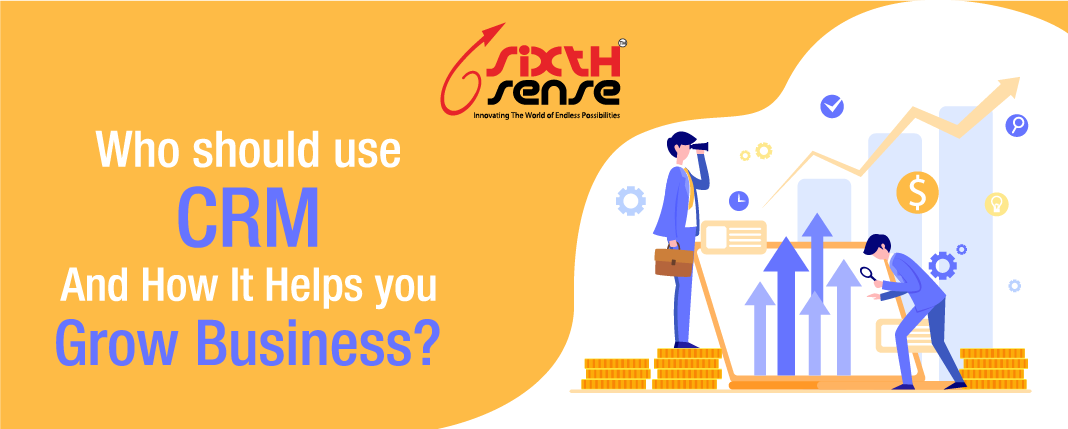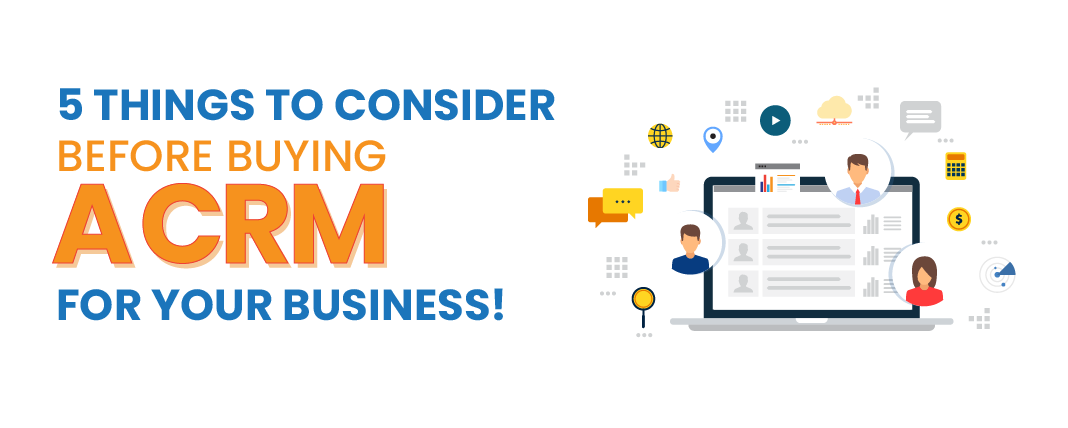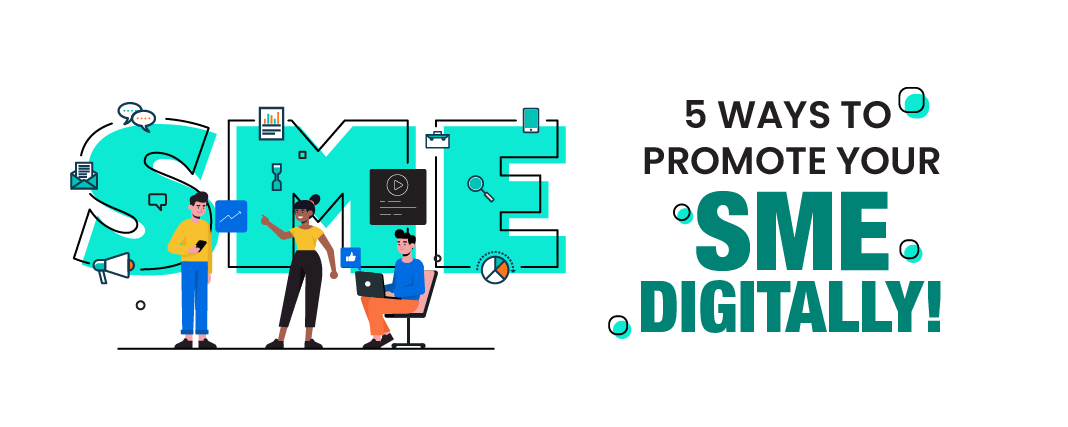
The Role of AI in Marketing Automation: Streamlining Campaigns for Success

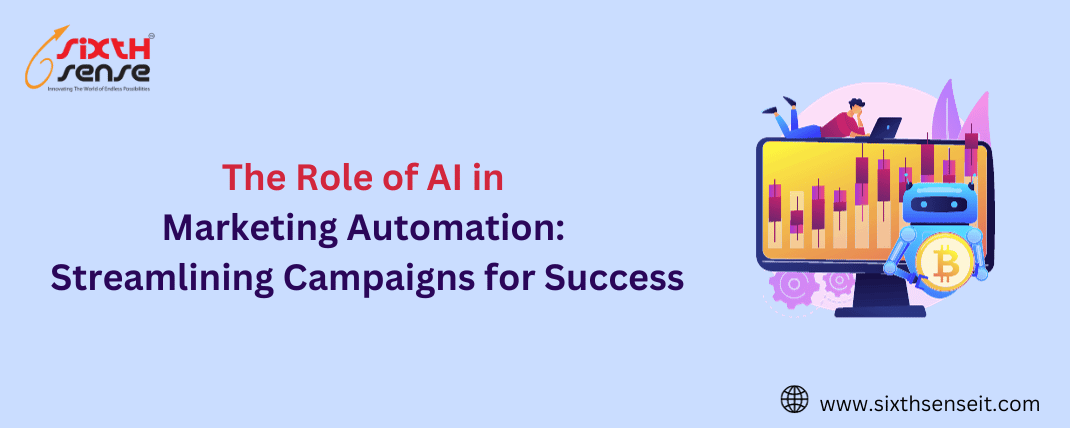
In the ever-evolving landscape of marketing, staying ahead of the curve requires innovative approaches and technologies. One such game-changer is the integration of Artificial Intelligence (AI) into marketing automation. This dynamic duo holds the potential to transform how businesses conceptualize and execute their marketing campaigns. In this comprehensive blog post, we'll explore the profound impact of AI on marketing automation, uncovering the ways in which it streamlines campaigns for unprecedented success.
Before we delve into the role of AI, let's establish a foundational understanding of marketing automation.
Marketing automation involves using software and technology to automate repetitive marketing tasks, streamline workflows, and measure outcomes. It encompasses a range of activities, from email marketing and lead nurturing to social media posting and campaign analytics.
Efficiency: Streamlining marketing processes to save time and resources.
Personalization: Delivering personalized content and experiences to target audiences.
Lead Management: Nurturing leads through the sales funnel to conversion.
Analytics: Measuring the performance of marketing campaigns for data-driven decision-making.
While traditional marketing automation platforms have proven valuable, they often fall short in adapting to the dynamic nature of consumer behavior and the evolving digital landscape. This is where AI steps in to revolutionize marketing strategies.
Traditional systems may struggle to analyze vast amounts of data in real-time.
AI algorithms can analyze large datasets rapidly, extracting valuable insights into customer behavior, preferences, and trends.
Enhanced understanding of customer journeys.
Real-time adaptation to changing market dynamics.
Improved targeting and segmentation.
Predicting future customer behavior is challenging without advanced analytics.
AI-powered predictive analytics can forecast customer actions based on historical data and patterns.
Anticipation of customer needs and preferences.
Improved lead scoring for more effective targeting.
Optimized resource allocation based on predicted outcomes.
Creating personalized content for diverse audiences can be time-consuming.
AI-driven tools can generate personalized content at scale, tailoring messages based on individual preferences.
Increased engagement with personalized content.
Time and resource efficiency in content creation.
Consistent delivery of relevant messages.
Engaging with customers in real-time across multiple channels can be resource-intensive.
AI-powered chatbots enable automated, natural-language interactions, enhancing the customer experience.
Immediate response to customer queries.
24/7 availability for customer support.
Seamless integration with various communication channels.
Precision in targeting specific audience segments based on behavior is often manual.
AI algorithms analyze user behavior, enabling highly targeted and personalized marketing campaigns.
Increased relevance in advertising.
Higher conversion rates through personalized recommendations.
Efficient allocation of advertising budgets.
Crafting dynamic and personalized email campaigns manually is resource-intensive.
AI in marketing automation can customize email content based on recipient behavior and preferences.
Improved open and click-through rates.
Adaptive email content that responds to user interactions.
Increased email campaign effectiveness.
Manual lead scoring can be subjective and time-consuming.
AI automates lead scoring by analyzing various data points, ensuring more accurate qualification.
Efficient identification of high-value leads.
Streamlined sales processes.
Improved alignment between marketing and sales teams.
Managing social media accounts across platforms requires constant monitoring.
AI-powered tools can schedule posts, analyze engagement, and recommend optimal posting times.
Consistent and strategic social media presence.
Data-driven insights for social media strategy.
Improved audience engagement.
Identify AI tools that align with your marketing goals.
Ensure compatibility with existing marketing automation platforms.
Optimized performance with tailored AI solutions.
Seamless integration for a cohesive marketing ecosystem.
Ensure data accuracy and cleanliness before AI implementation.
Integrate AI seamlessly with existing data sources for real-time insights.
Reliable and accurate AI-driven insights.
Comprehensive data for holistic decision-making.
Provide training for marketing teams on AI tools and algorithms.
Foster a culture of continuous learning and adaptation.
Empowered teams capable of leveraging AI tools.
Increased efficiency and innovation in marketing strategies.
Align AI strategies with broader business goals.
Regularly reassess and adjust AI implementations to evolving objectives.
Strategic AI utilization for impactful business outcomes.
Agility in adapting to changing market dynamics.
Ensure ethical use of AI, particularly in data privacy.
Transparent communication with customers about AI-driven processes.
Build trust with customers through ethical AI practices.
Mitigate potential risks associated with AI implementations.
Conclusion
As we navigate the intricate landscape of marketing automation, the infusion of Artificial Intelligence emerges as a catalyst for unparalleled success. The symbiotic relationship between AI and marketing automation redefines how businesses connect with their audience, analyze data, and craft personalized experiences. By harnessing the capabilities of AI, marketers can not only streamline campaigns but also unlock new dimensions of efficiency, creativity, and customer engagement. As technology continues to advance, the marriage of AI and marketing automation will undoubtedly remain a cornerstone in the evolution of modern marketing strategies. Embrace the future of marketing with AI, and propel your campaigns towards unprecedented success.
